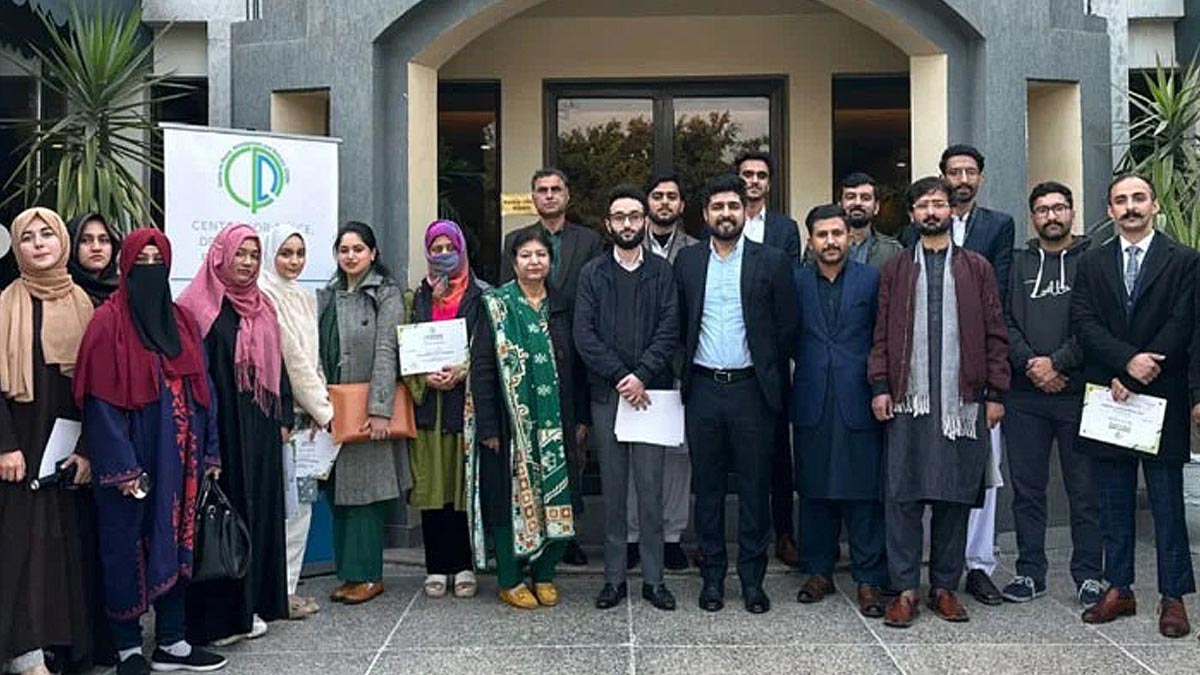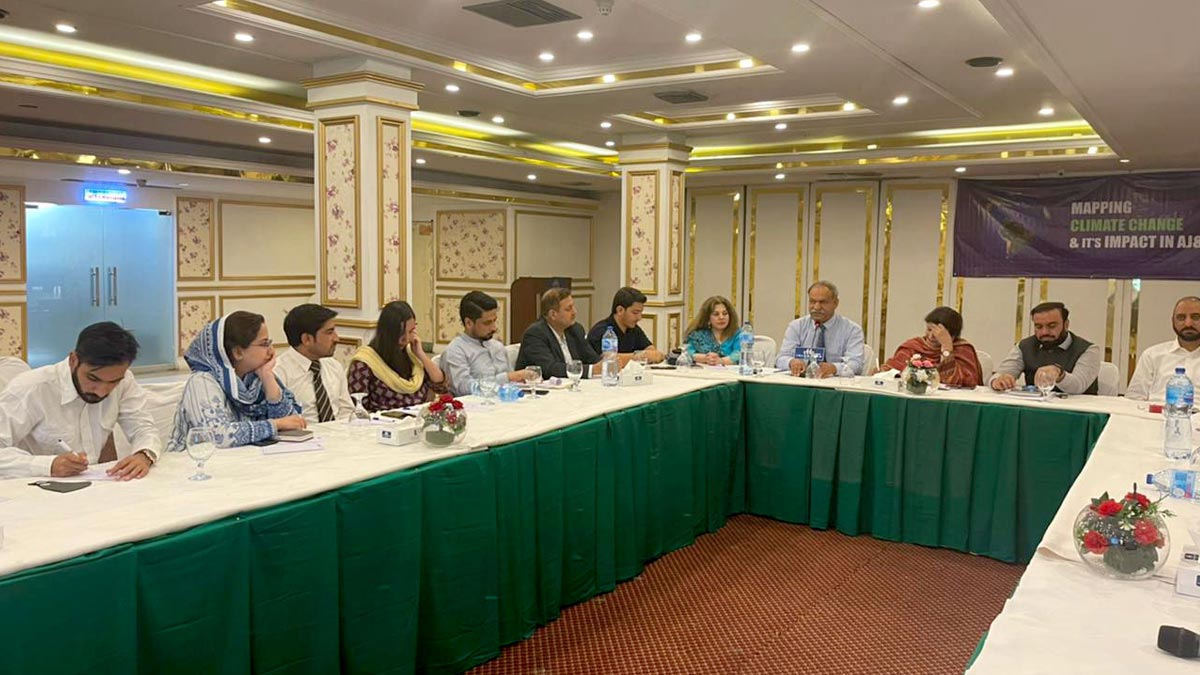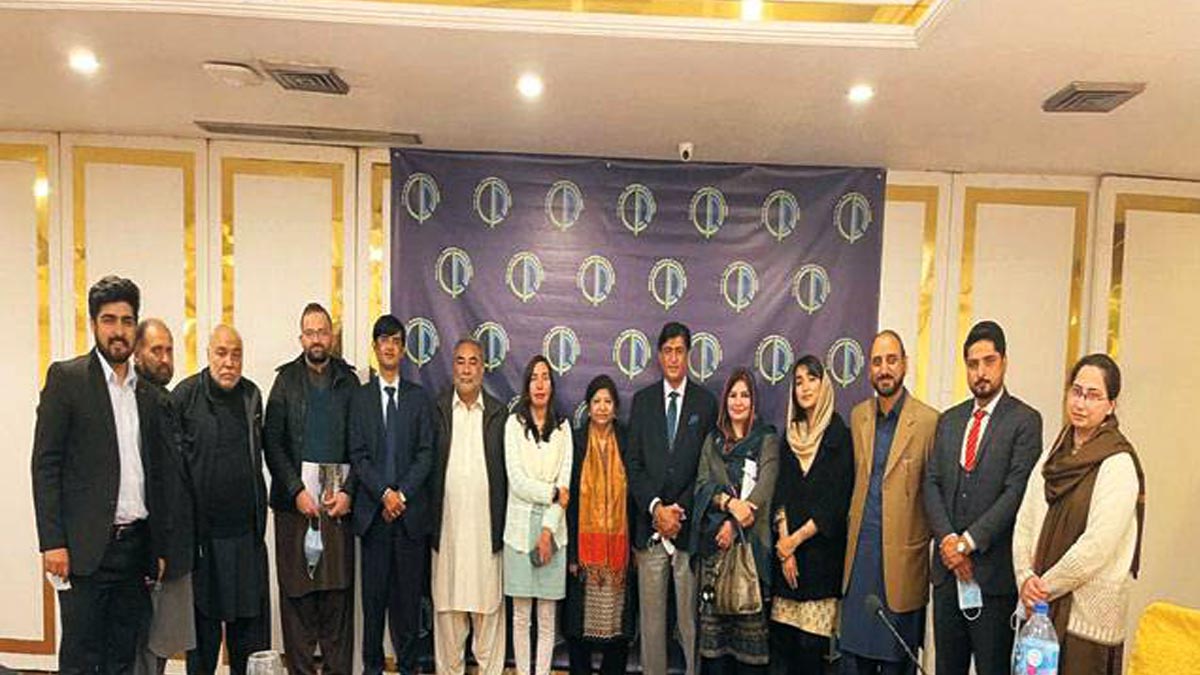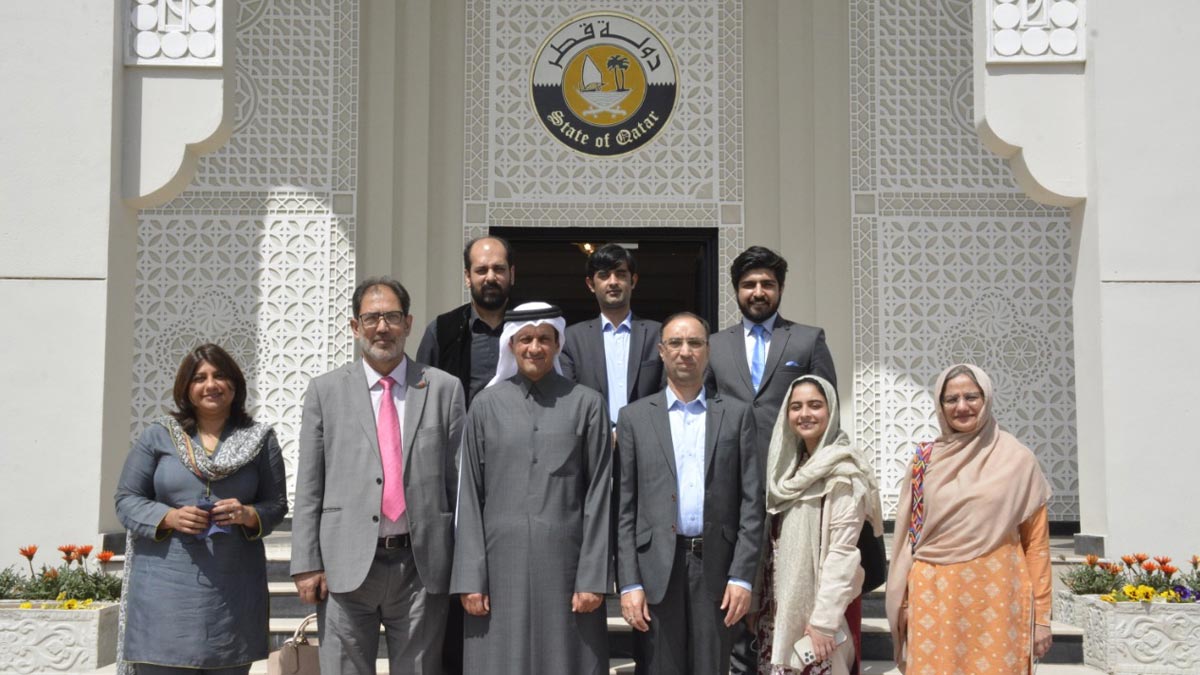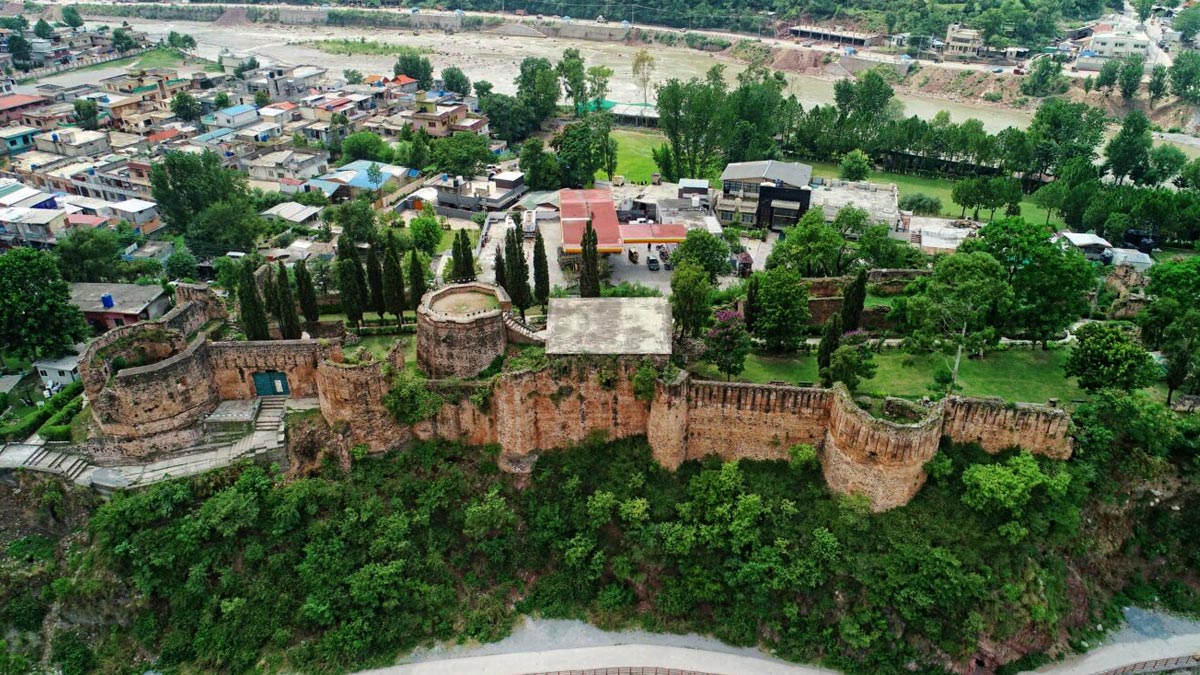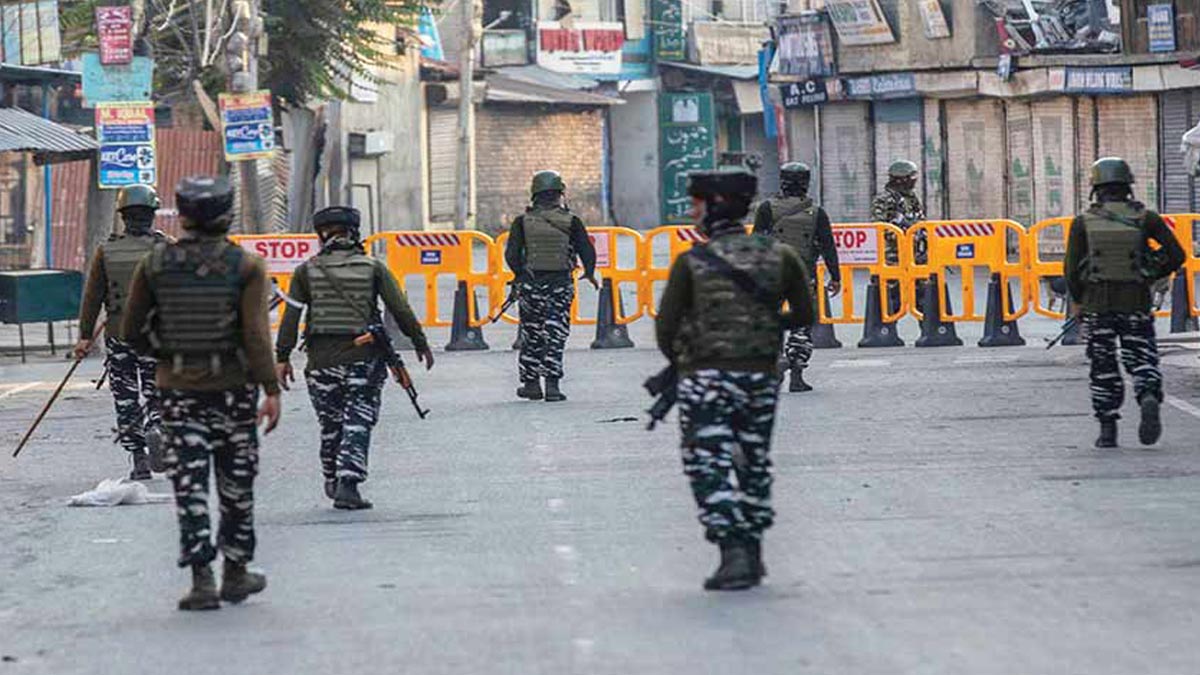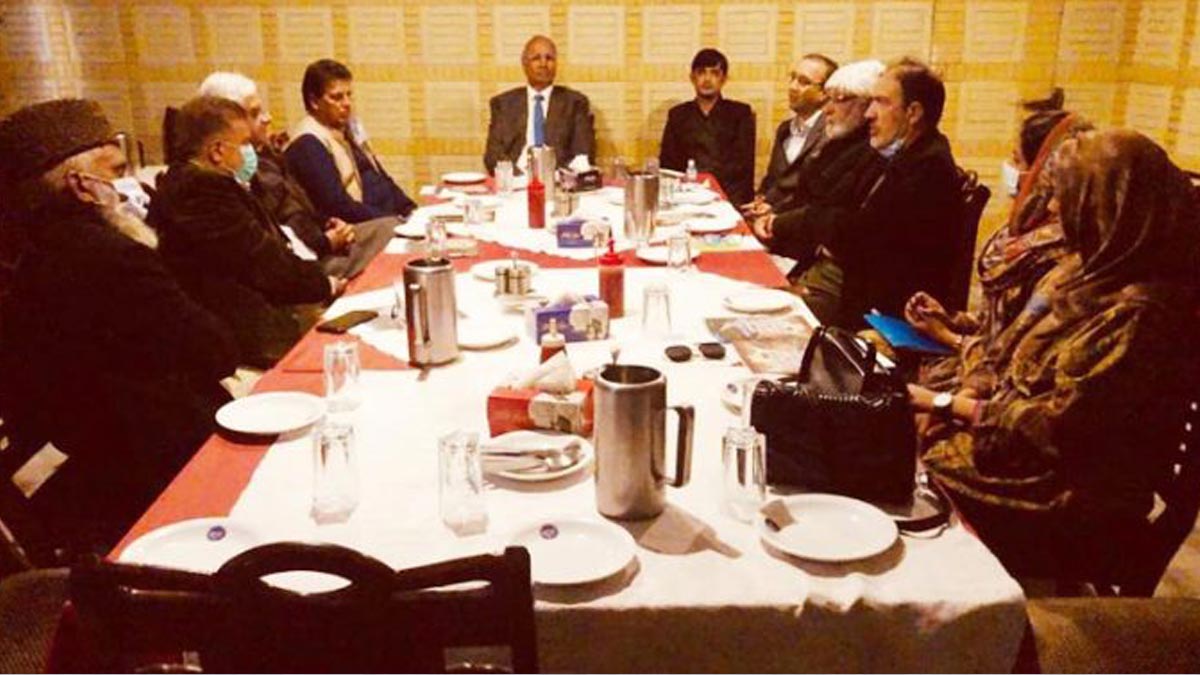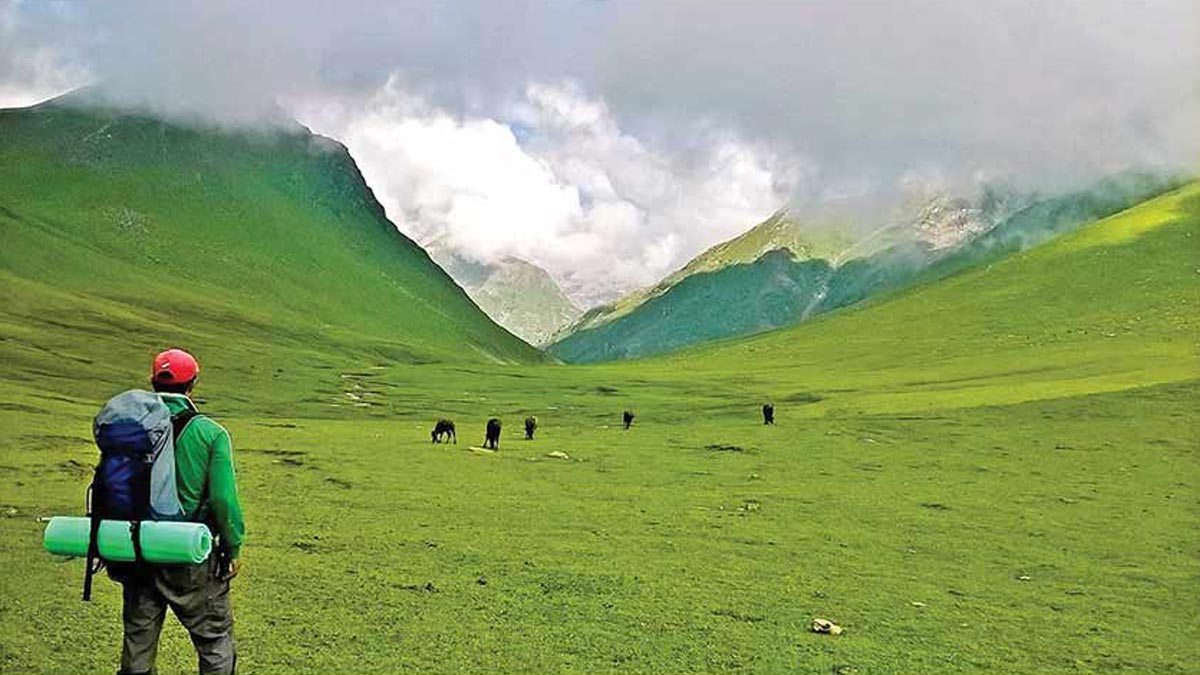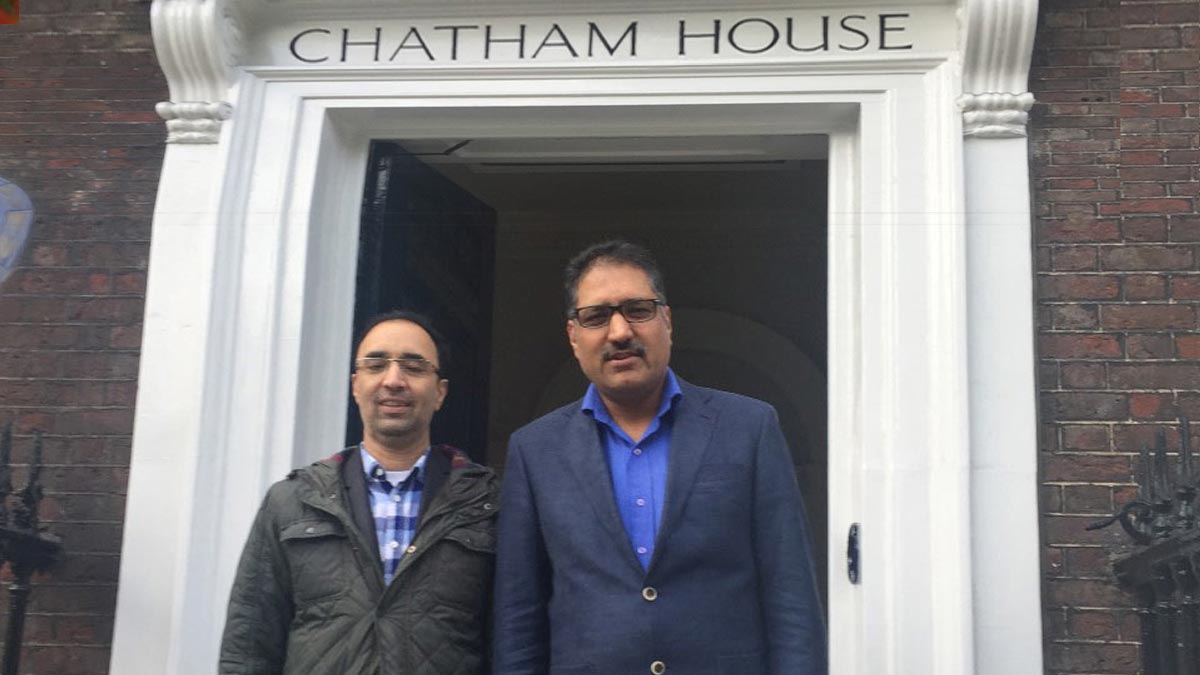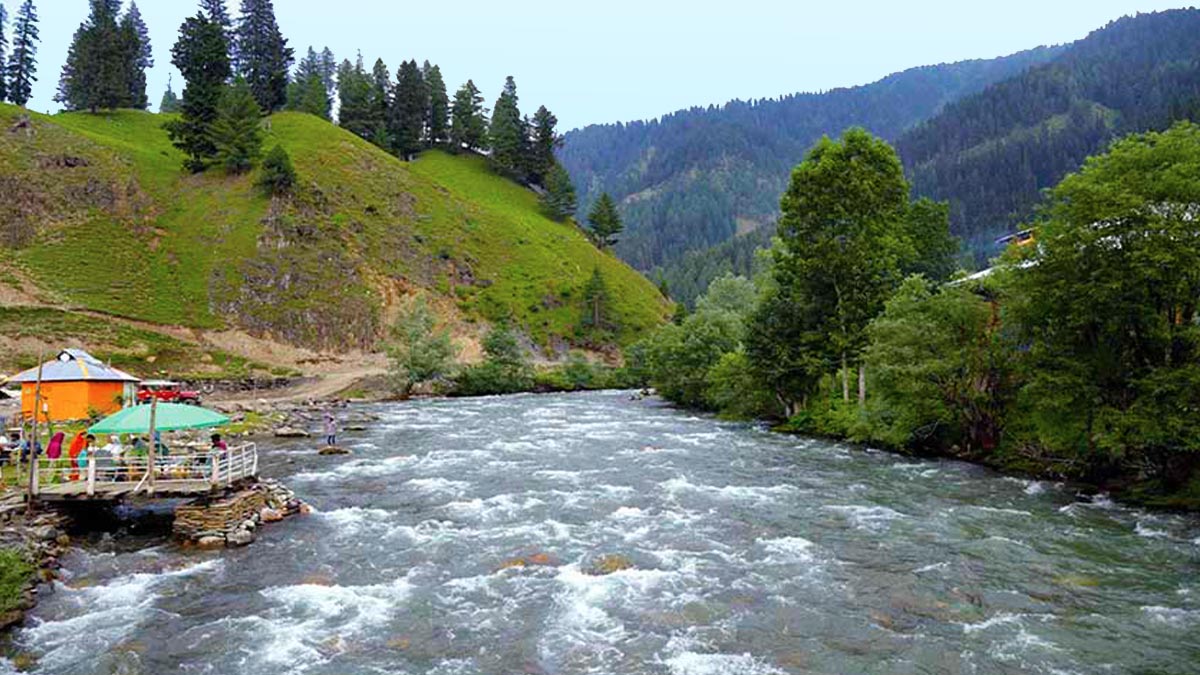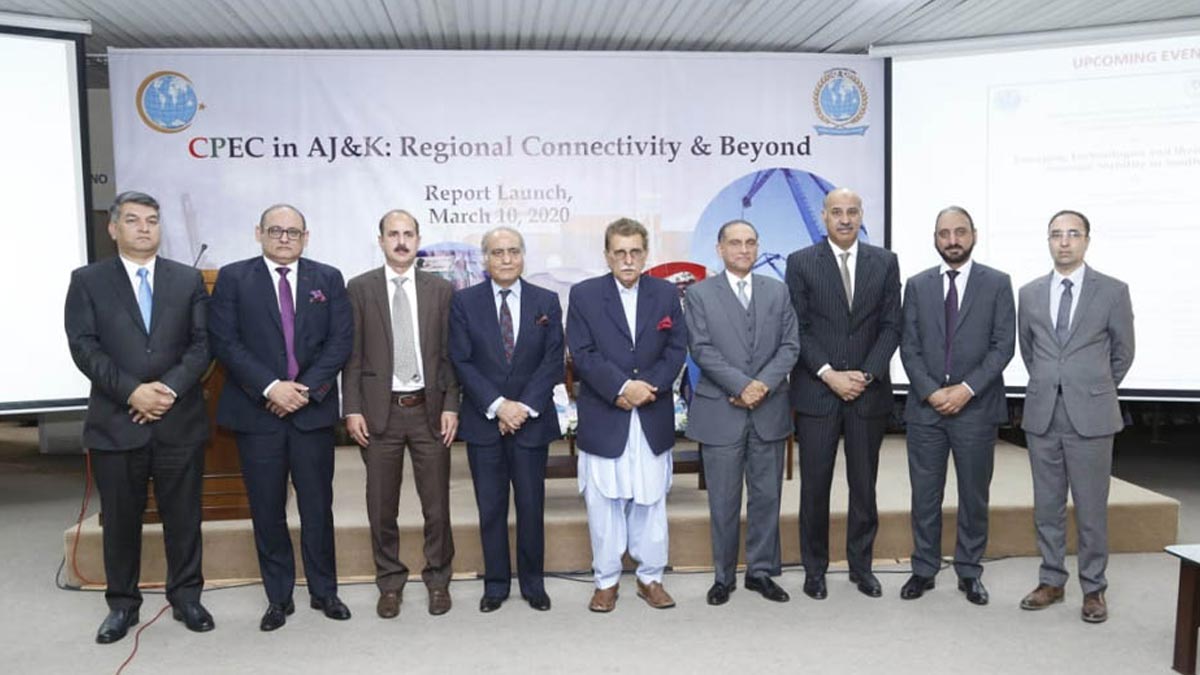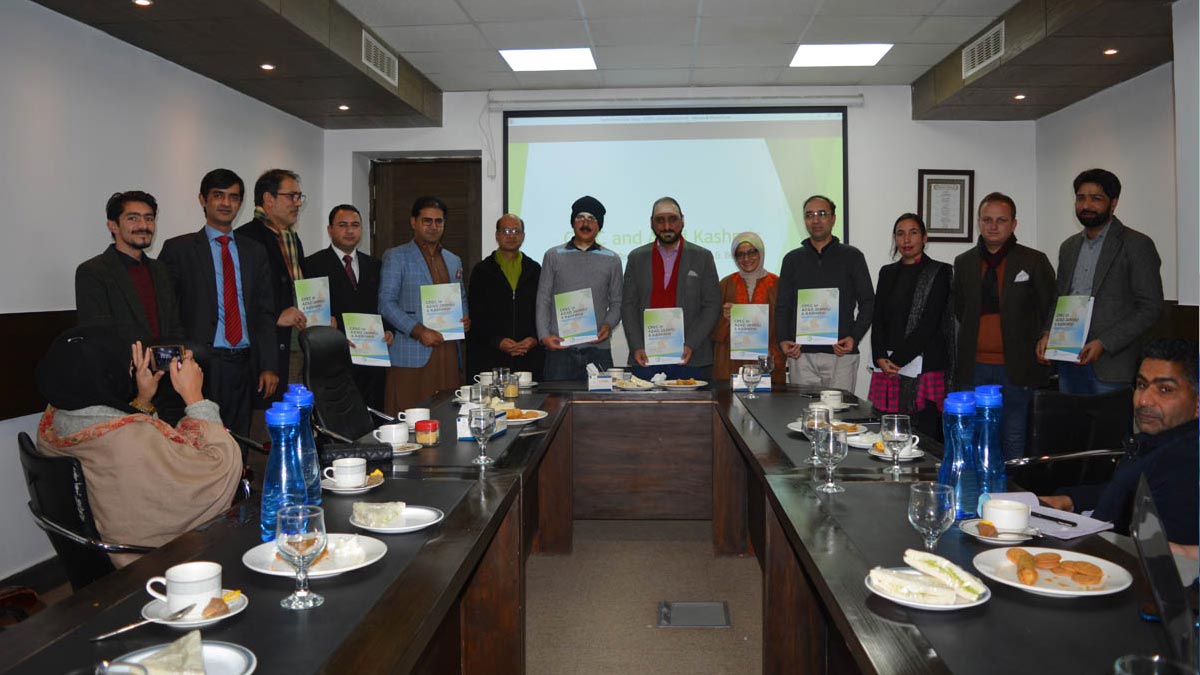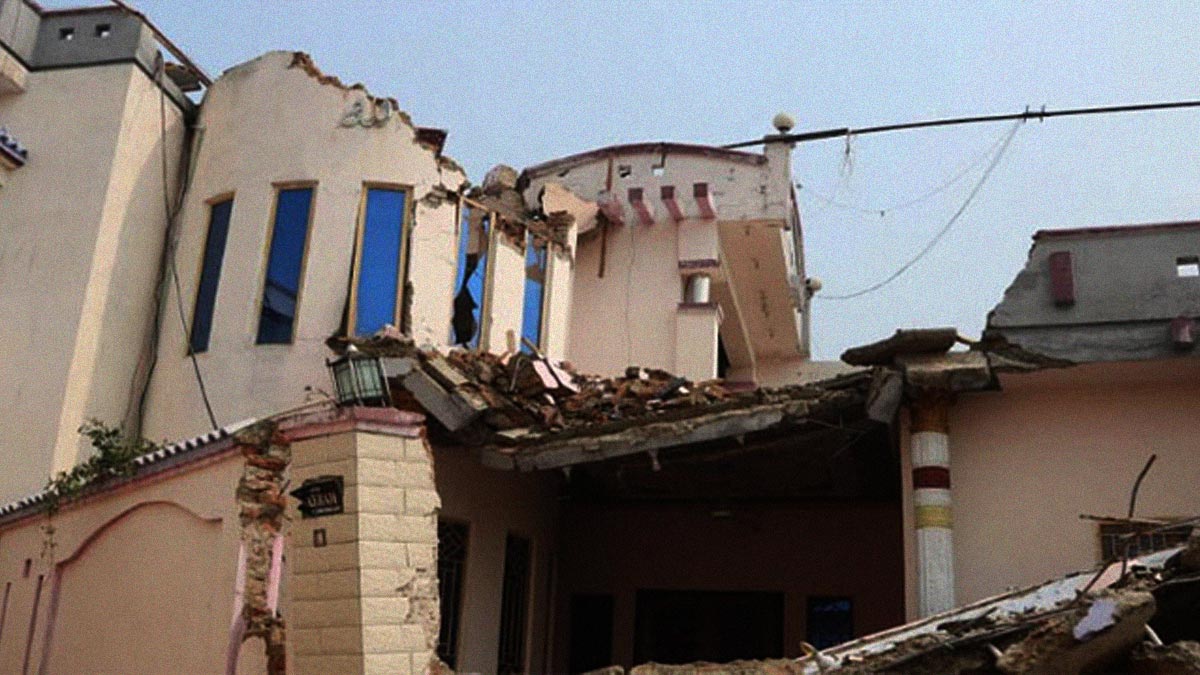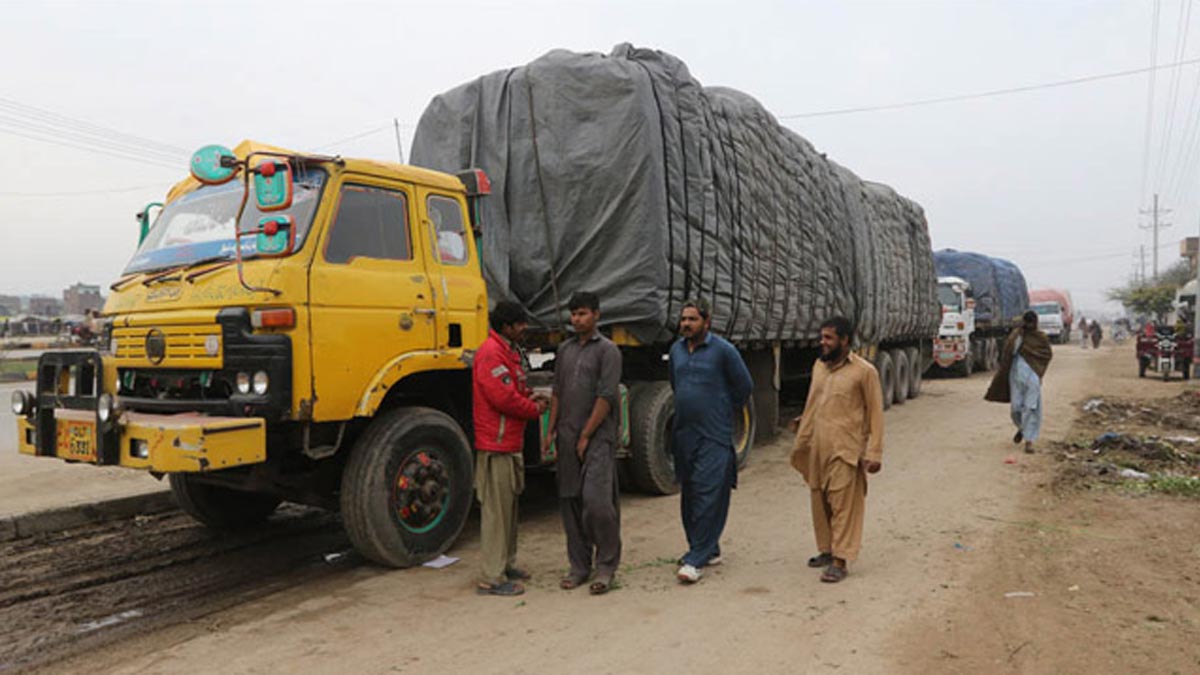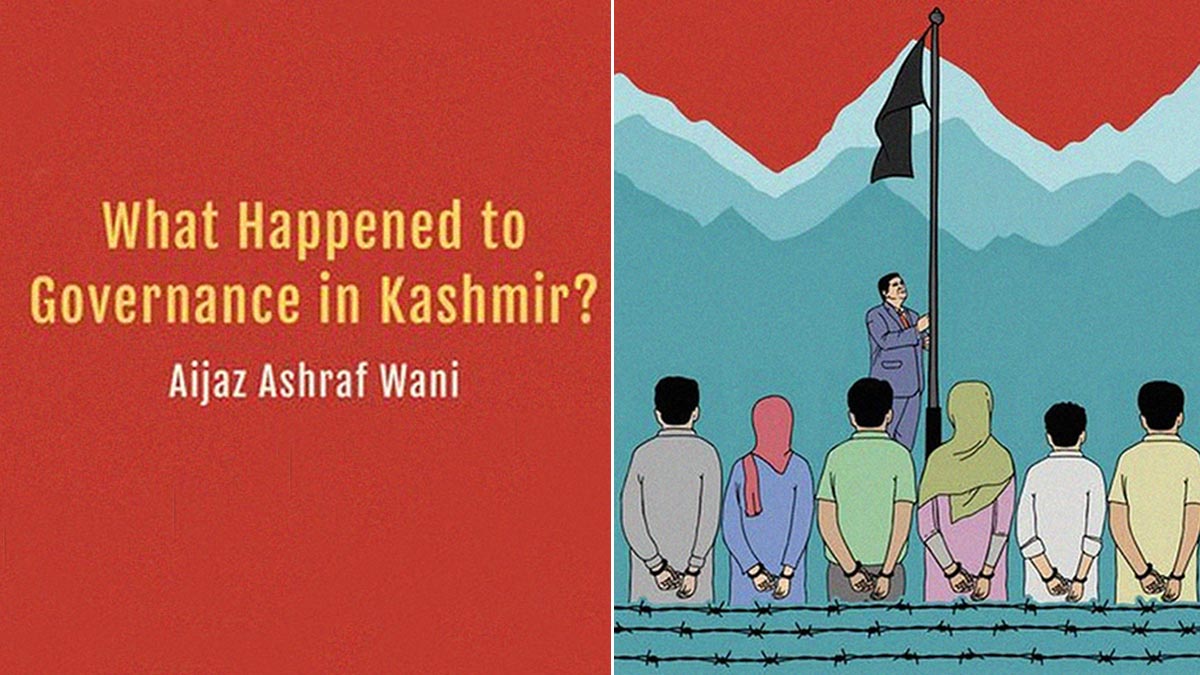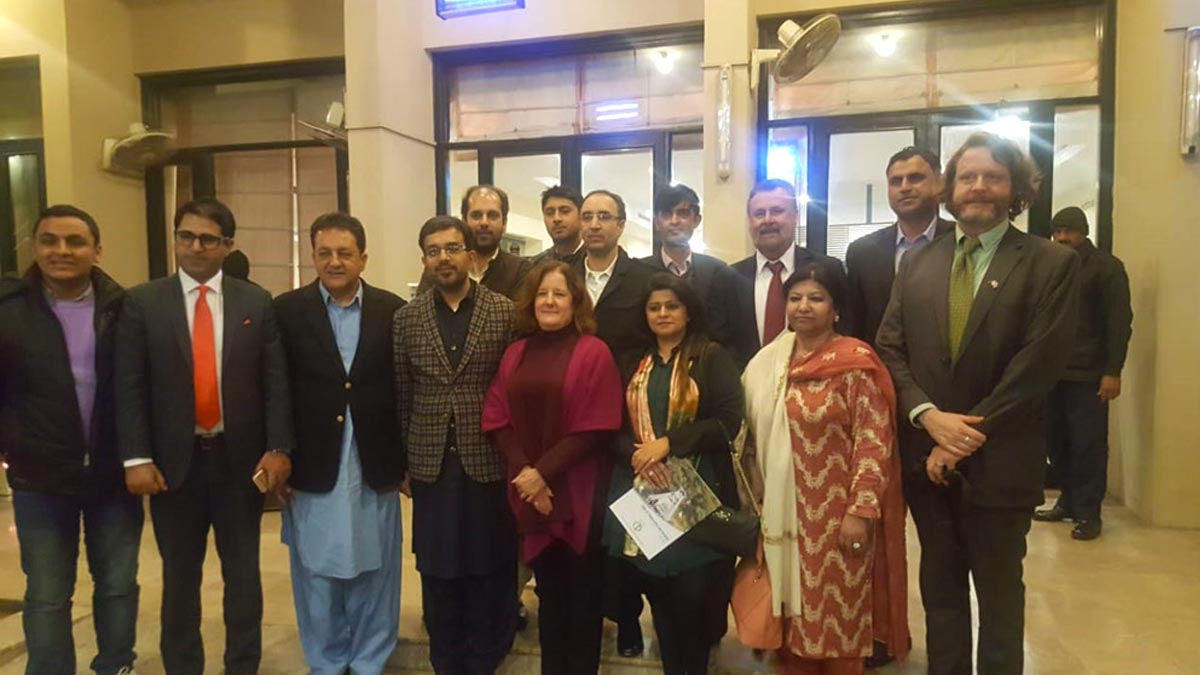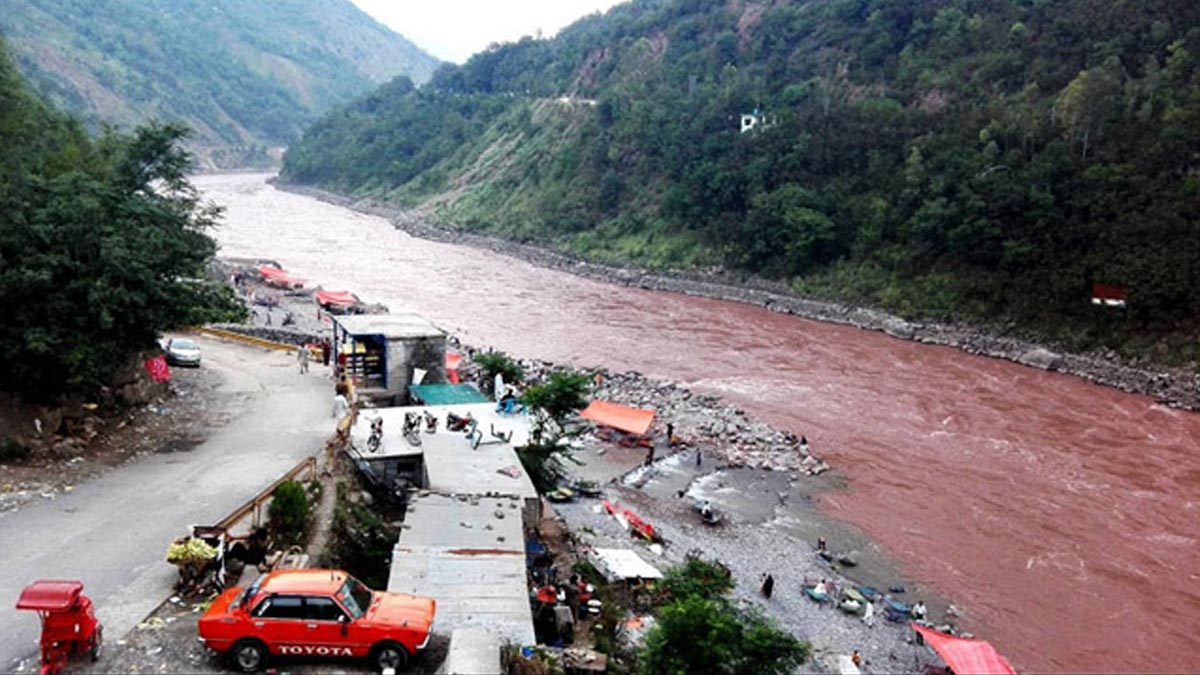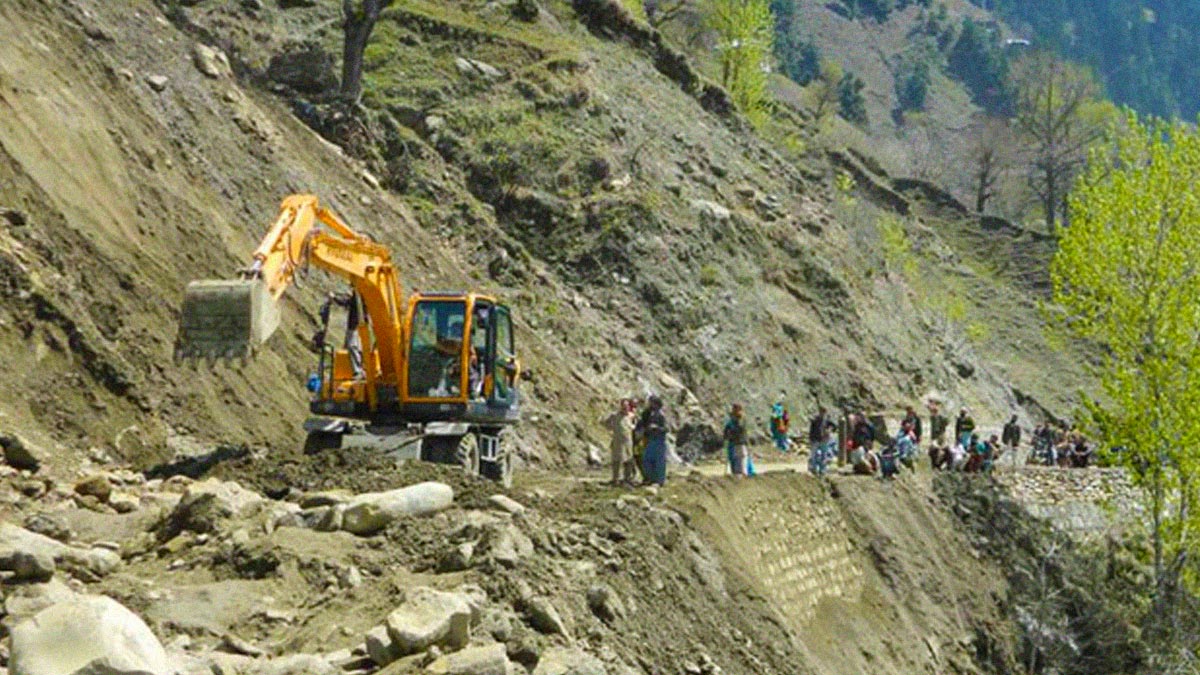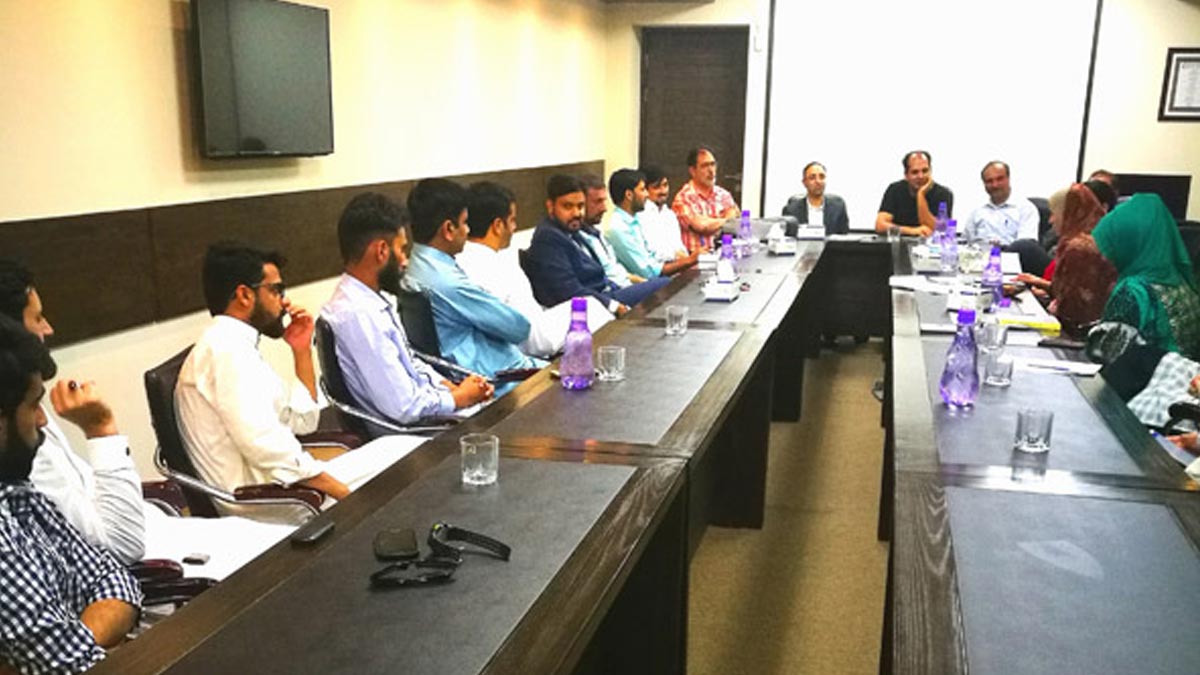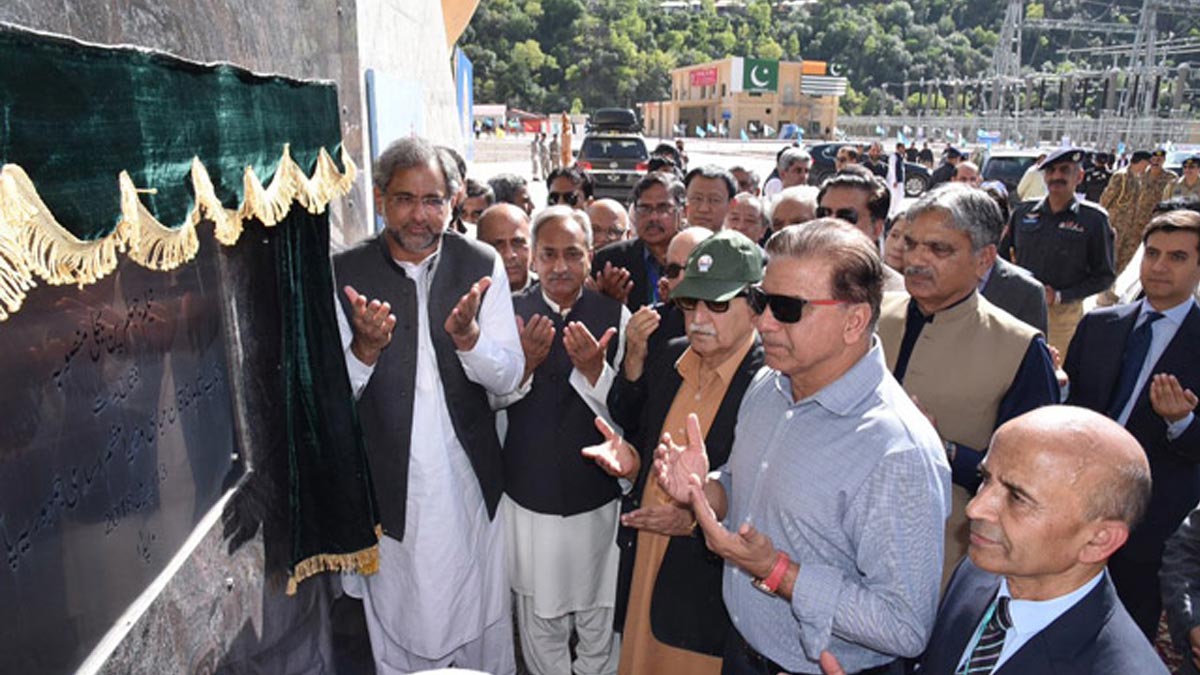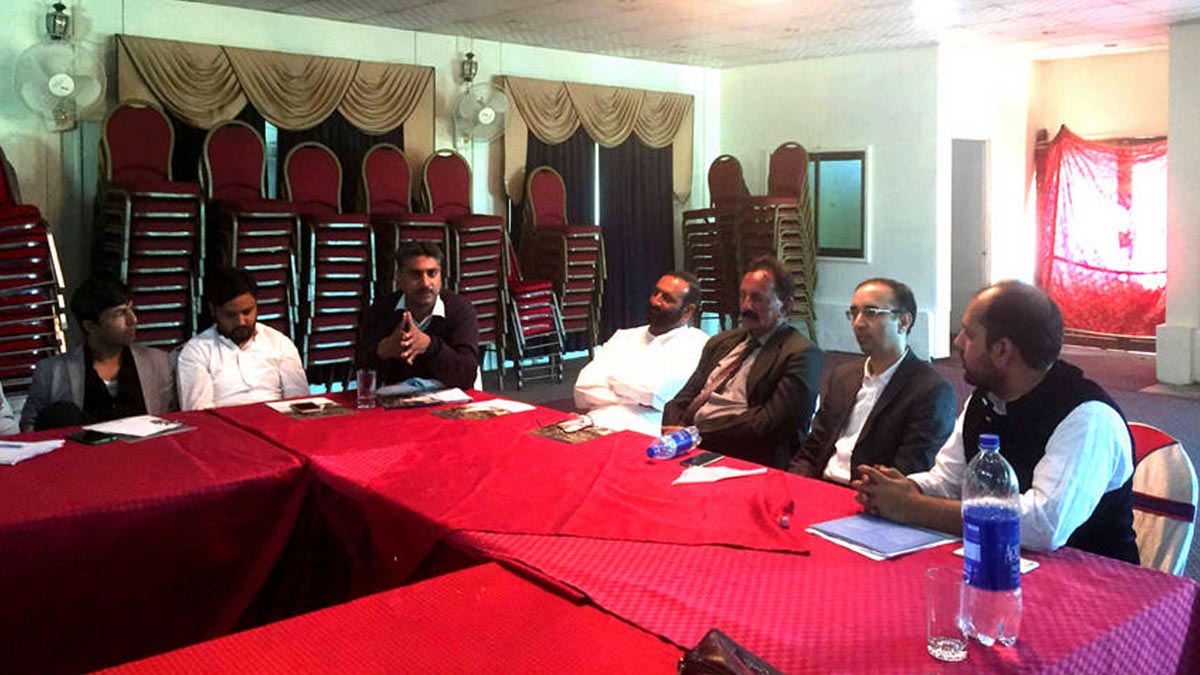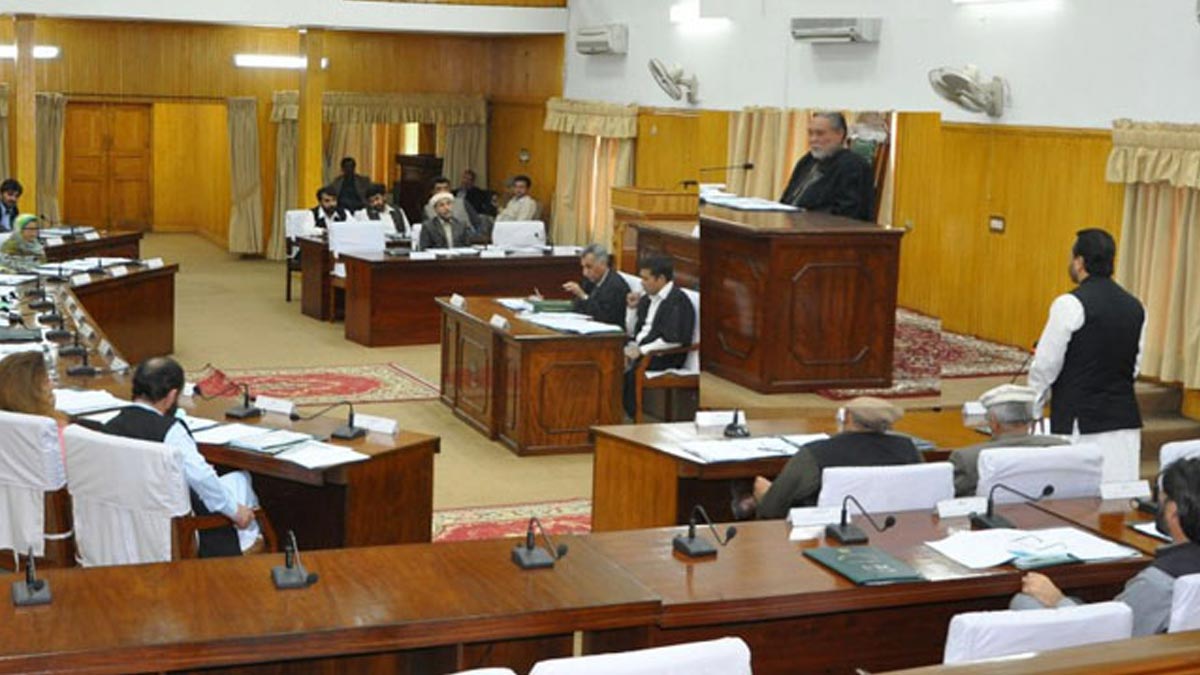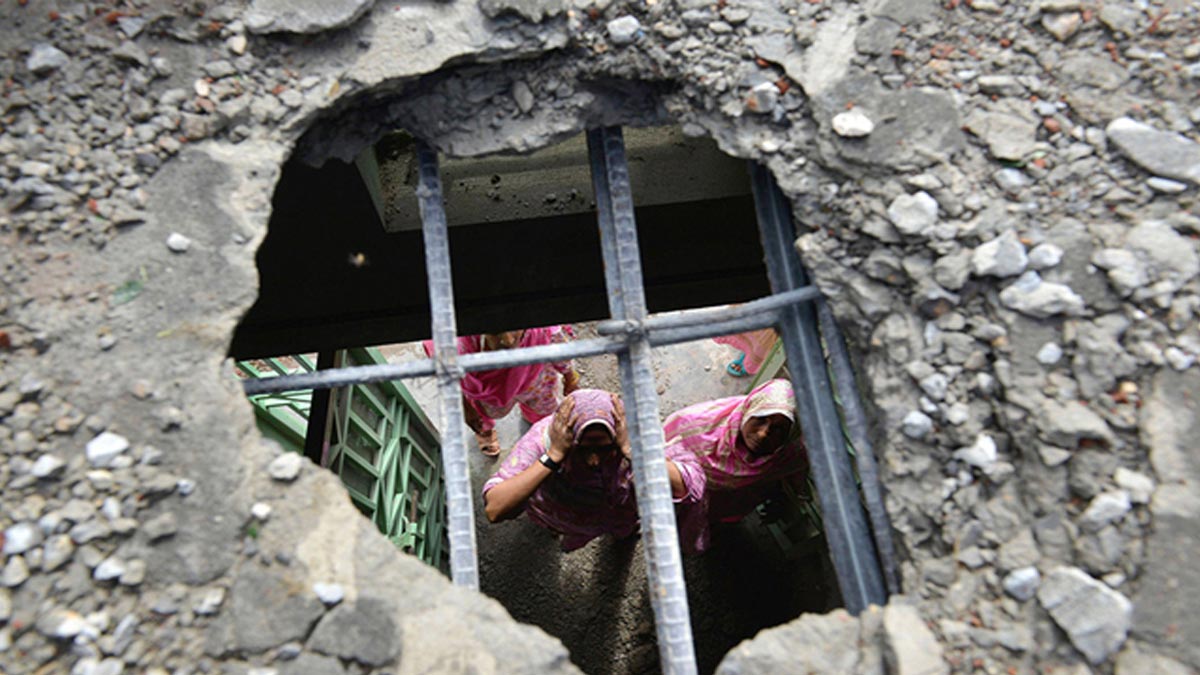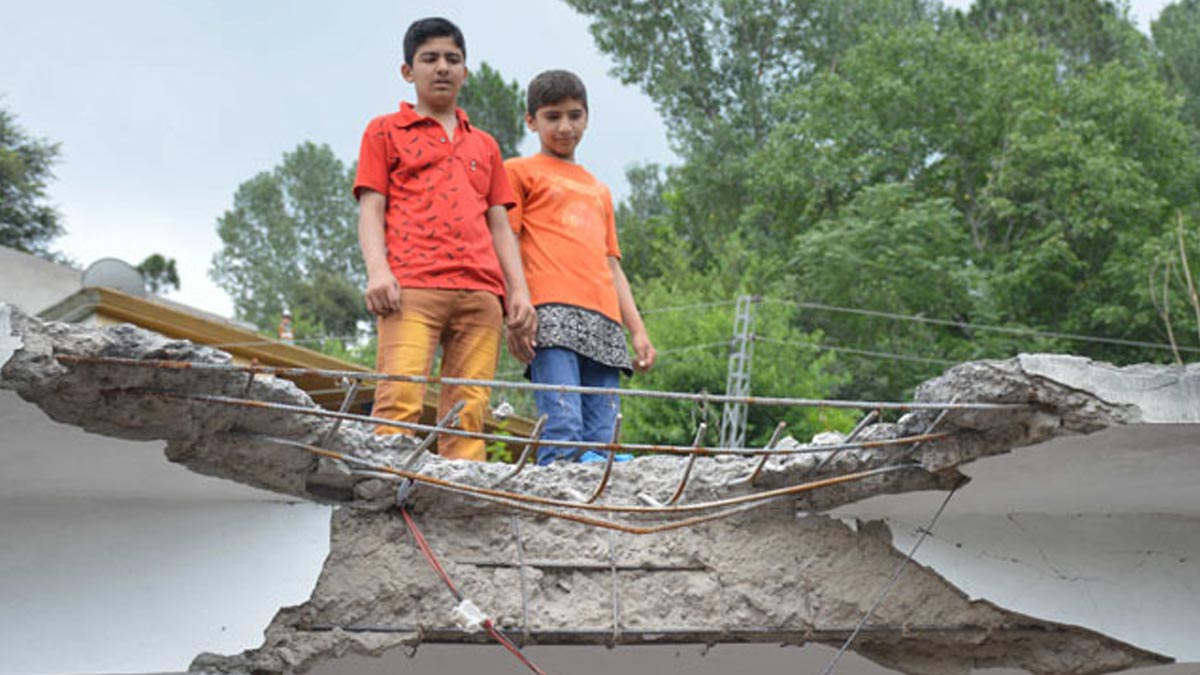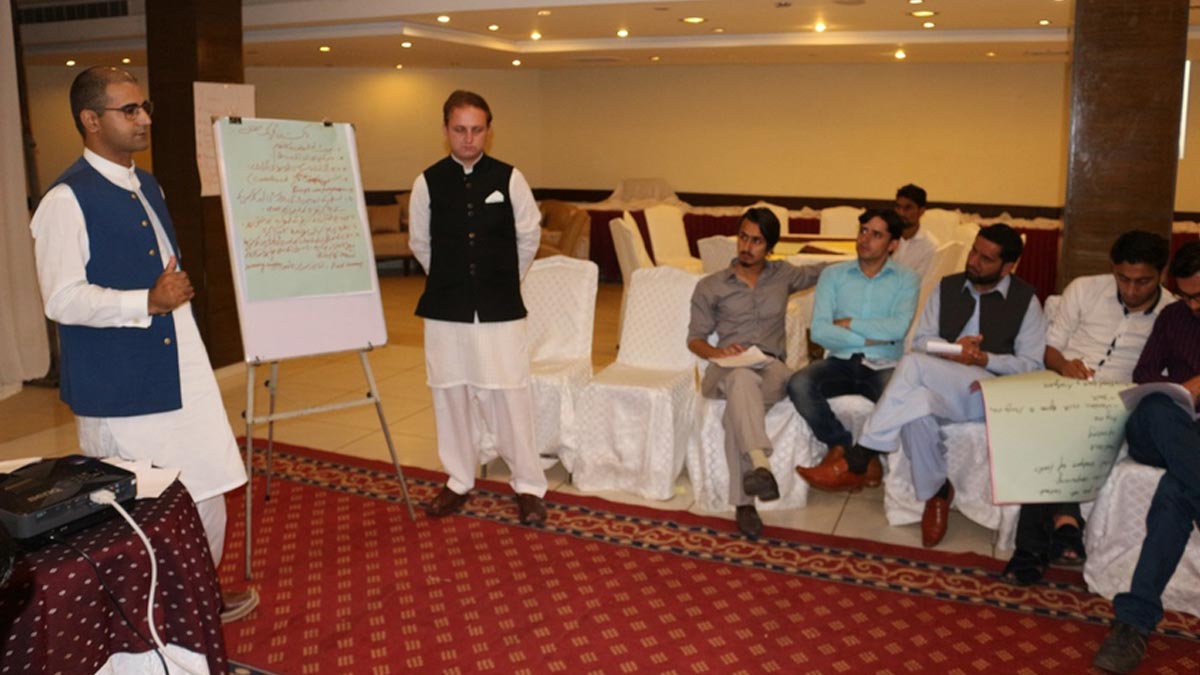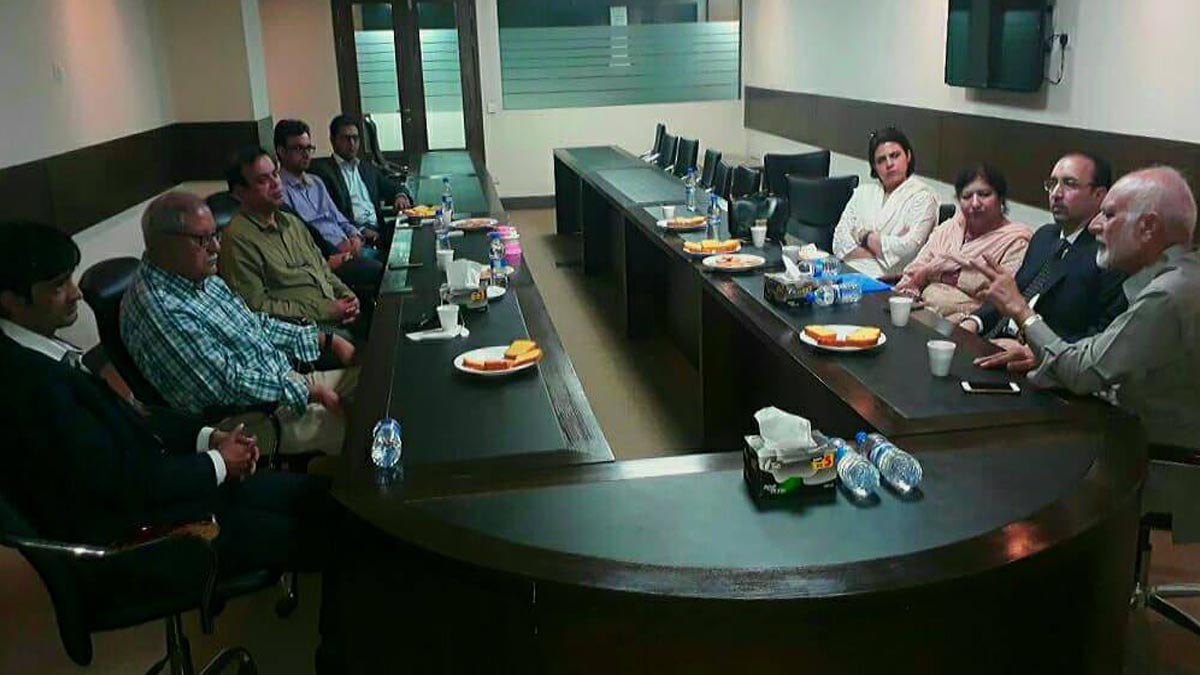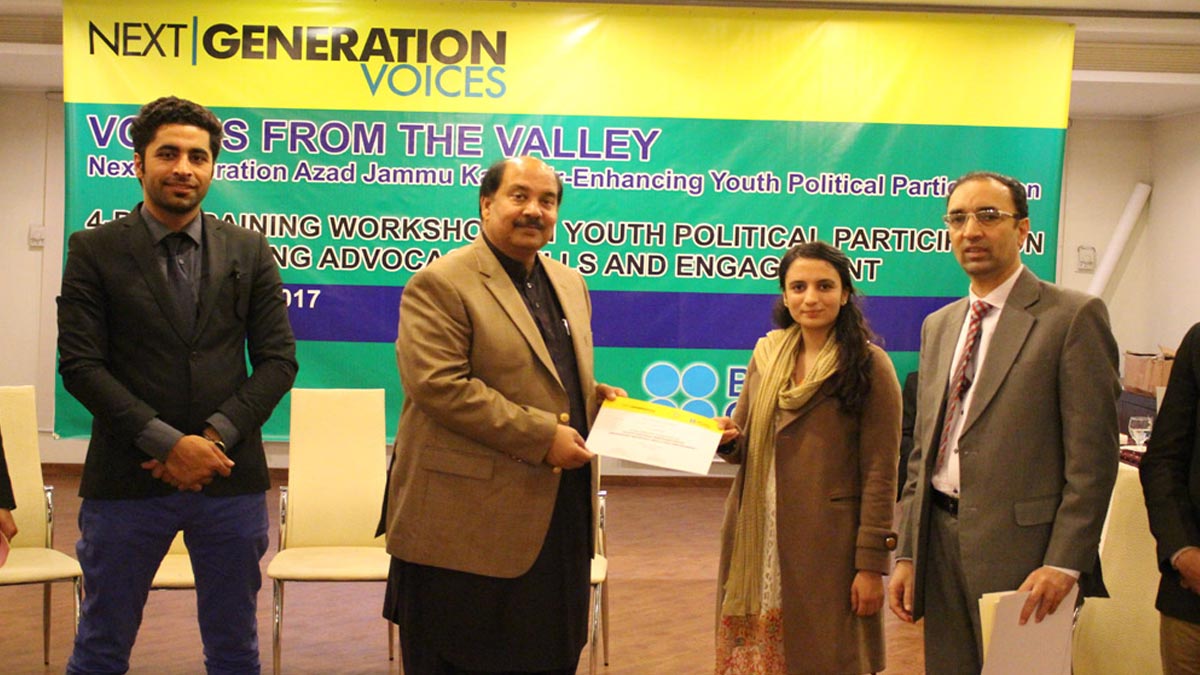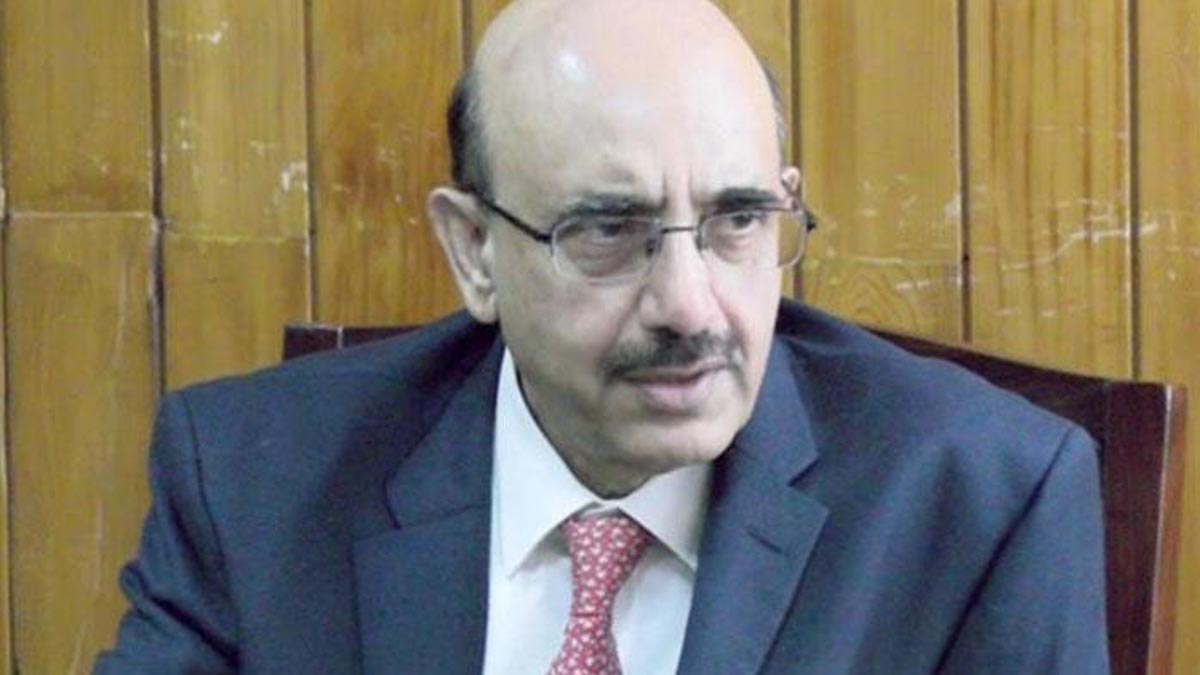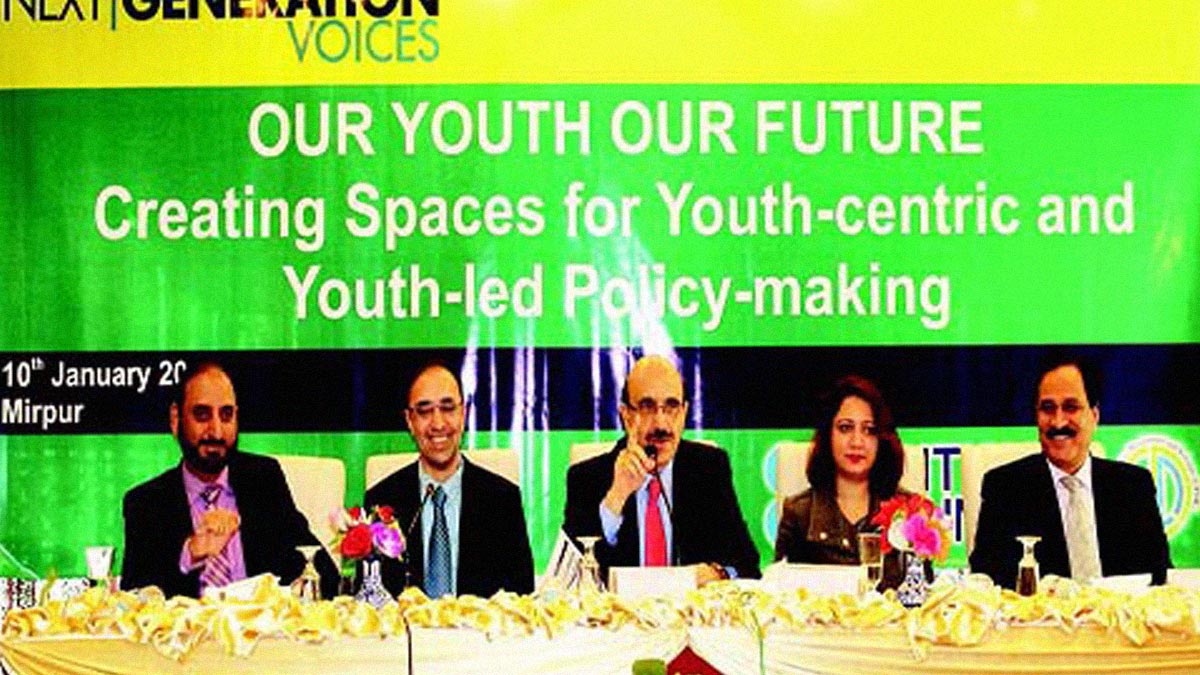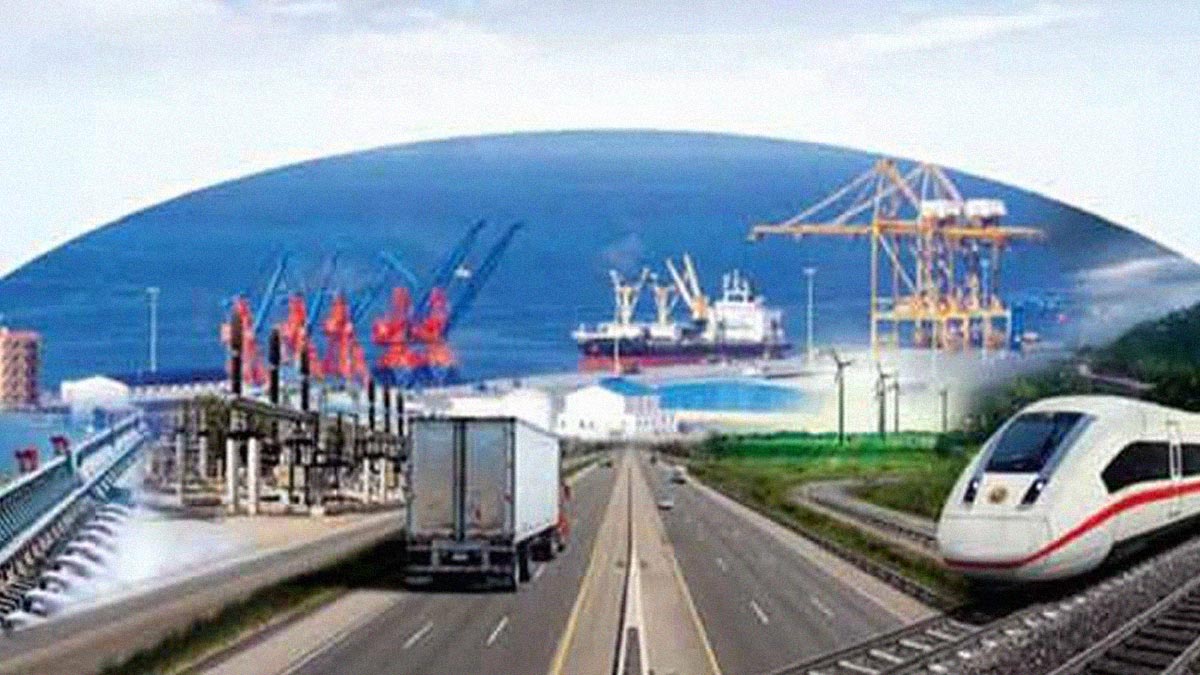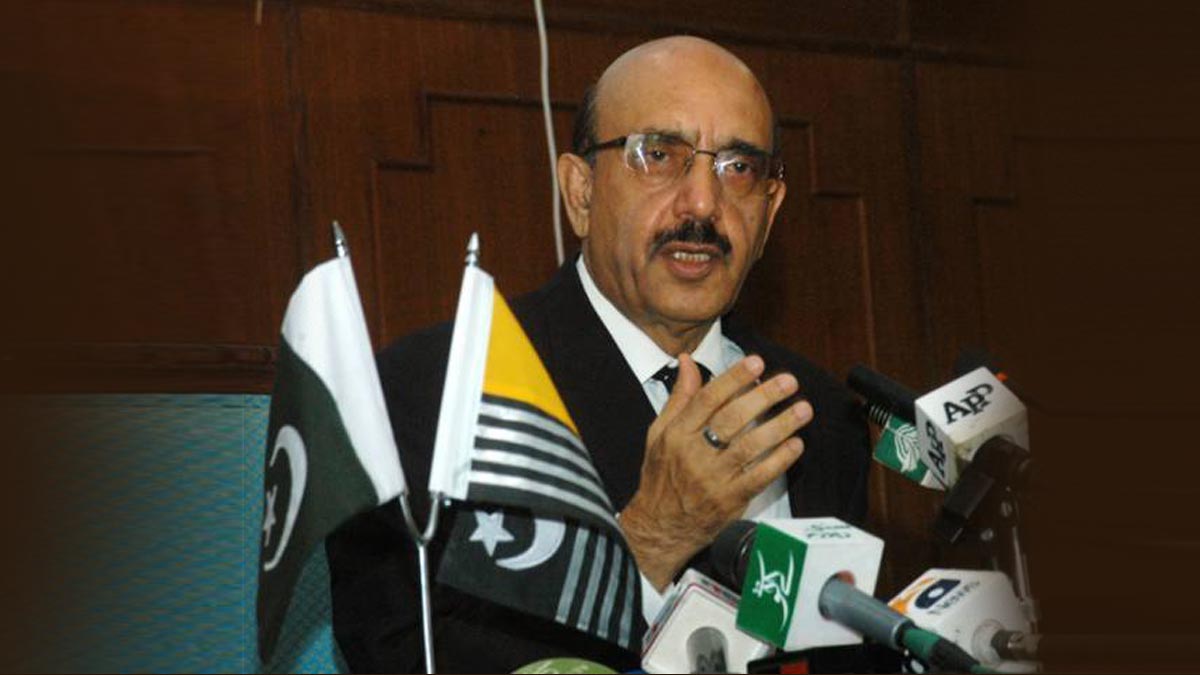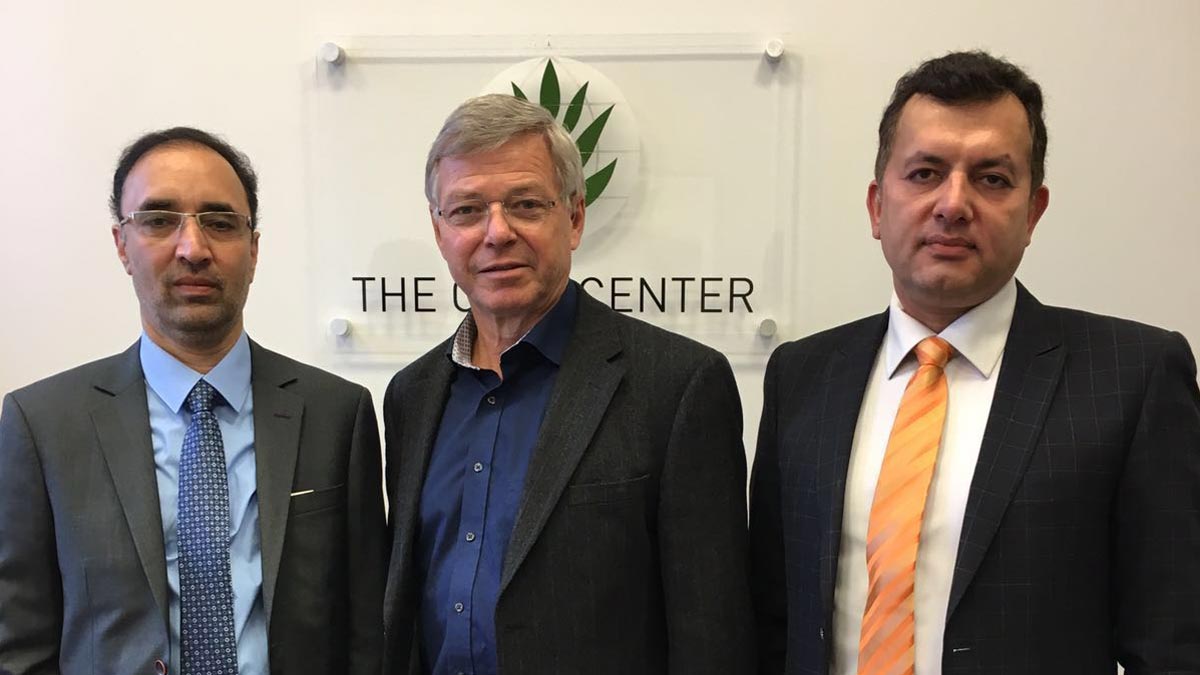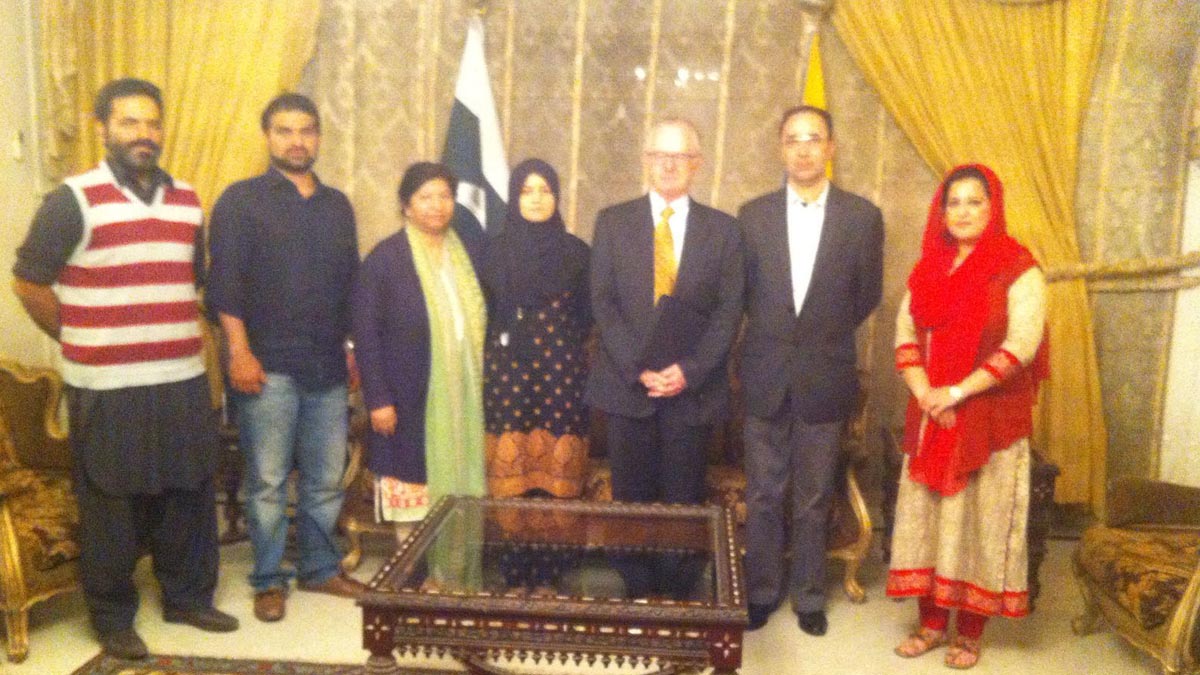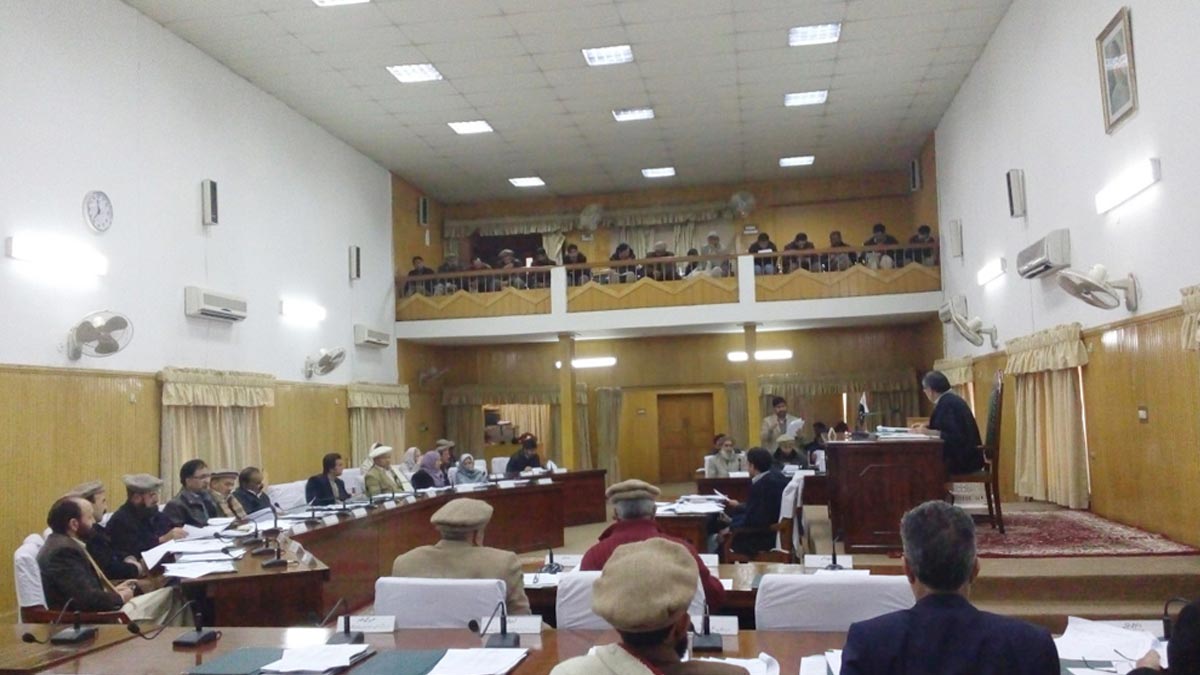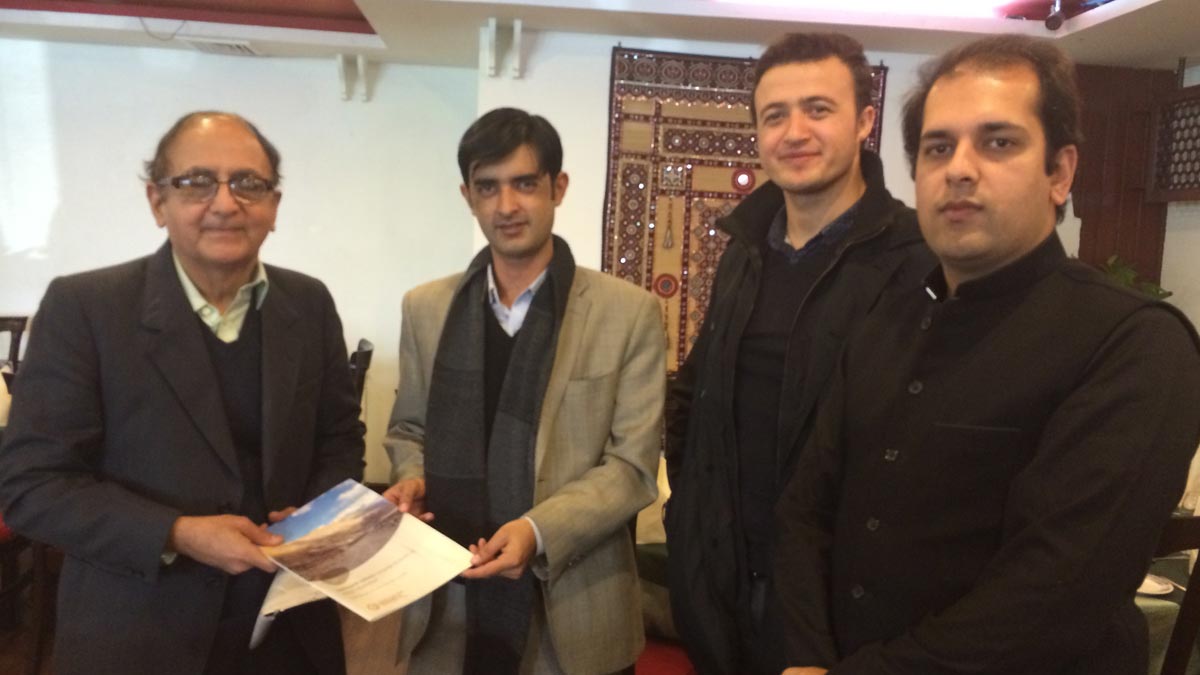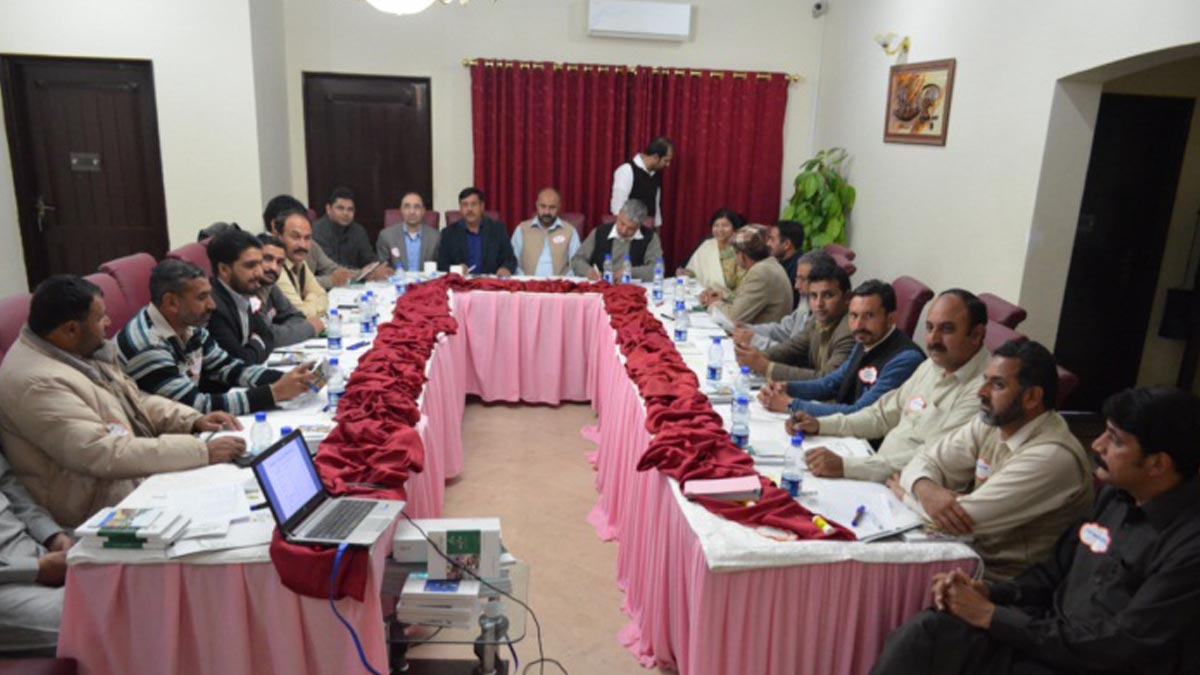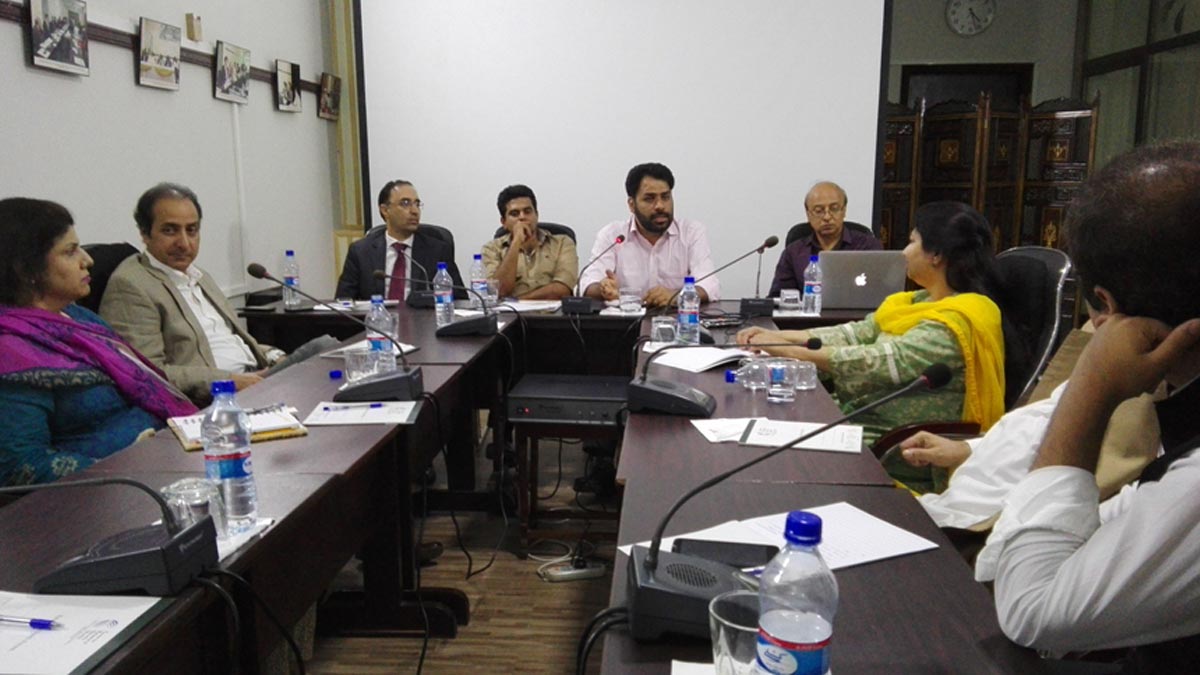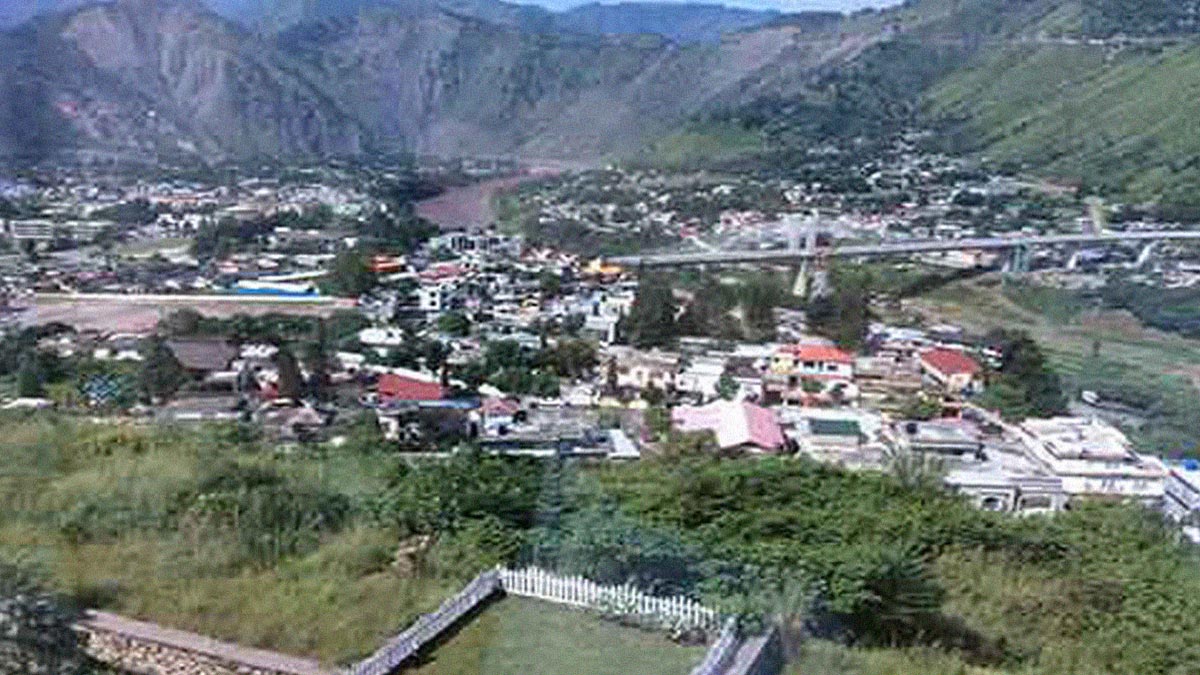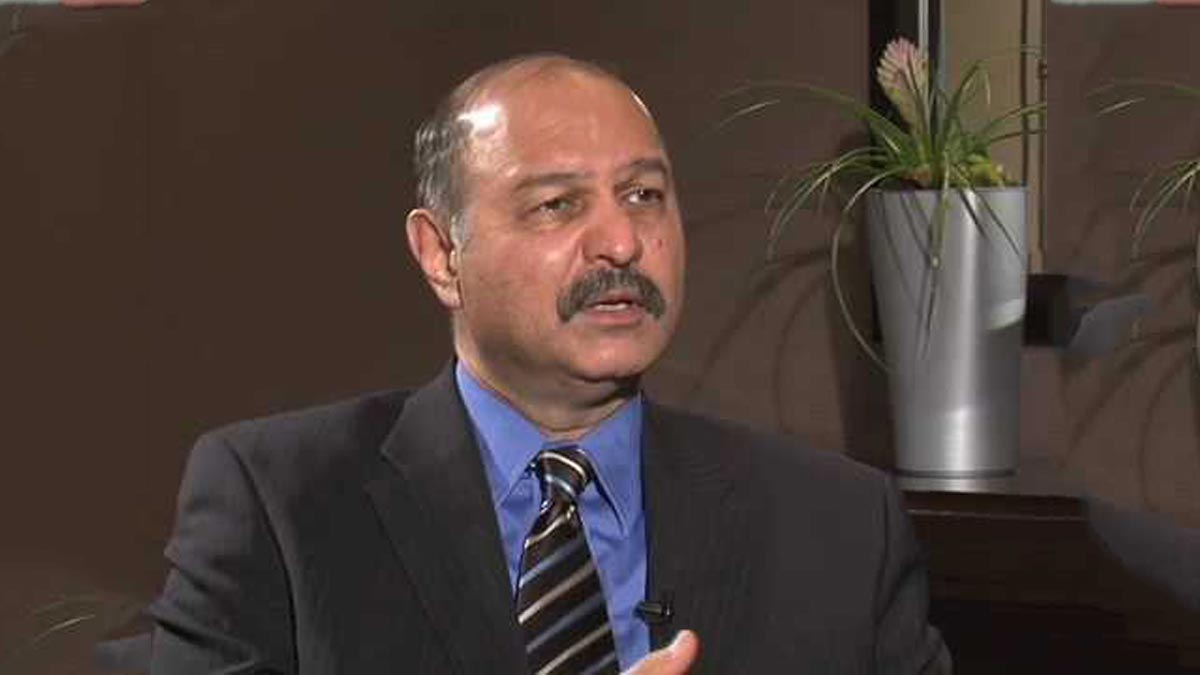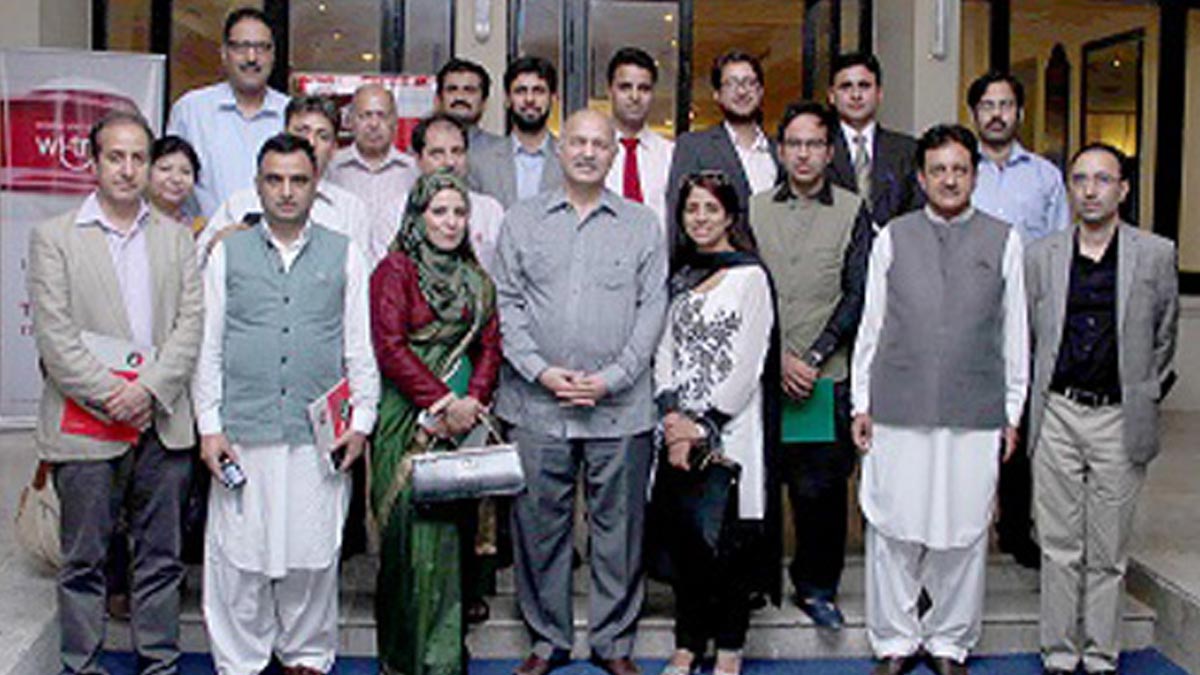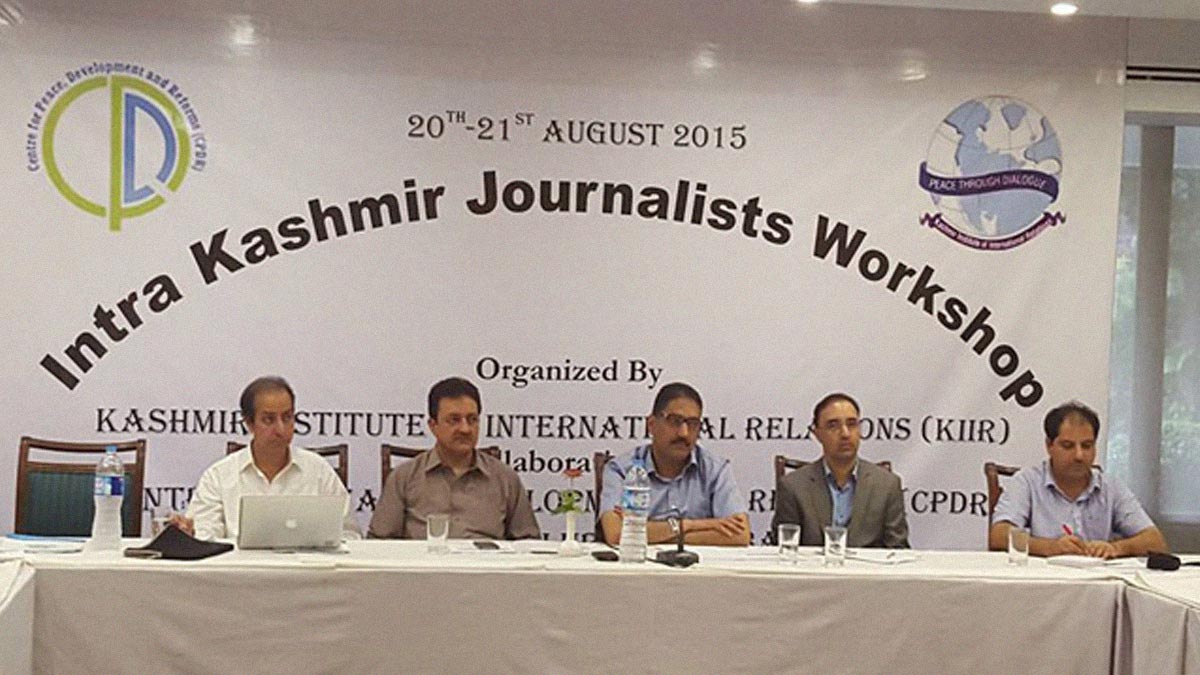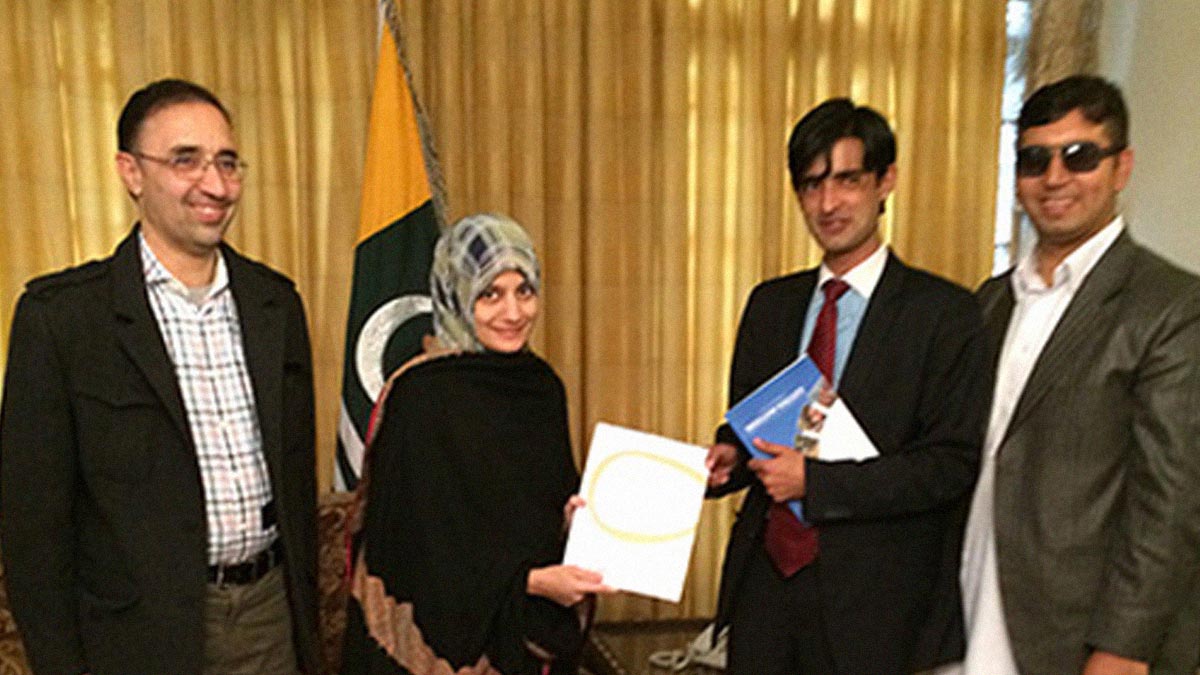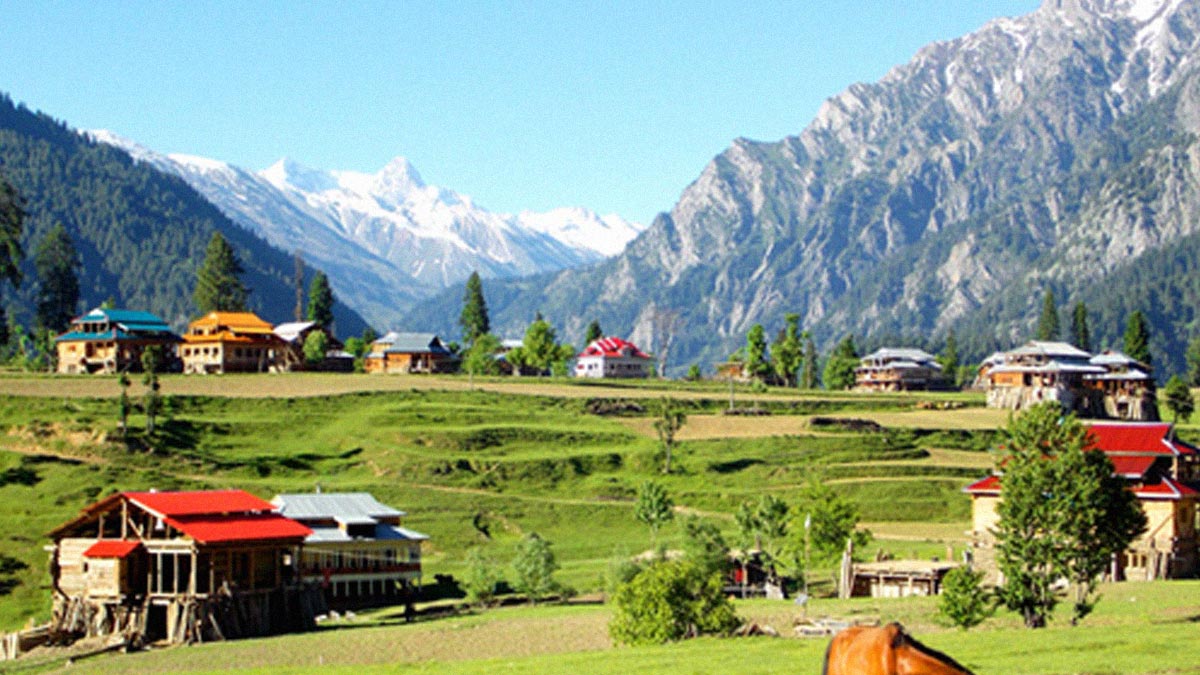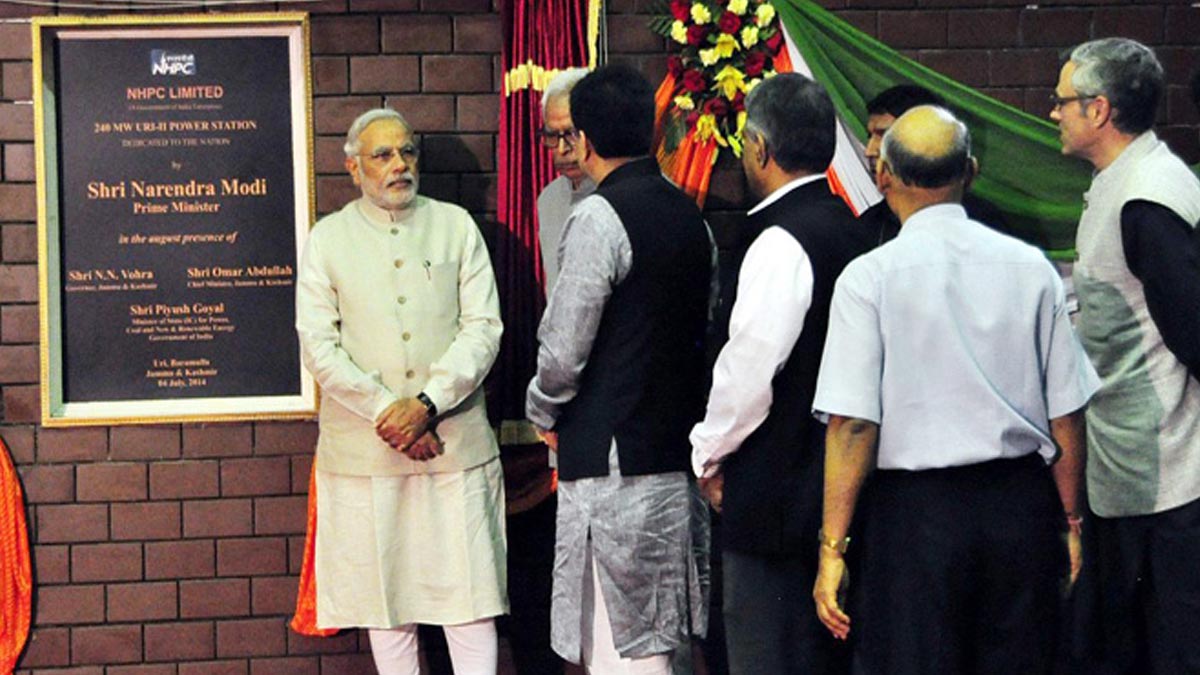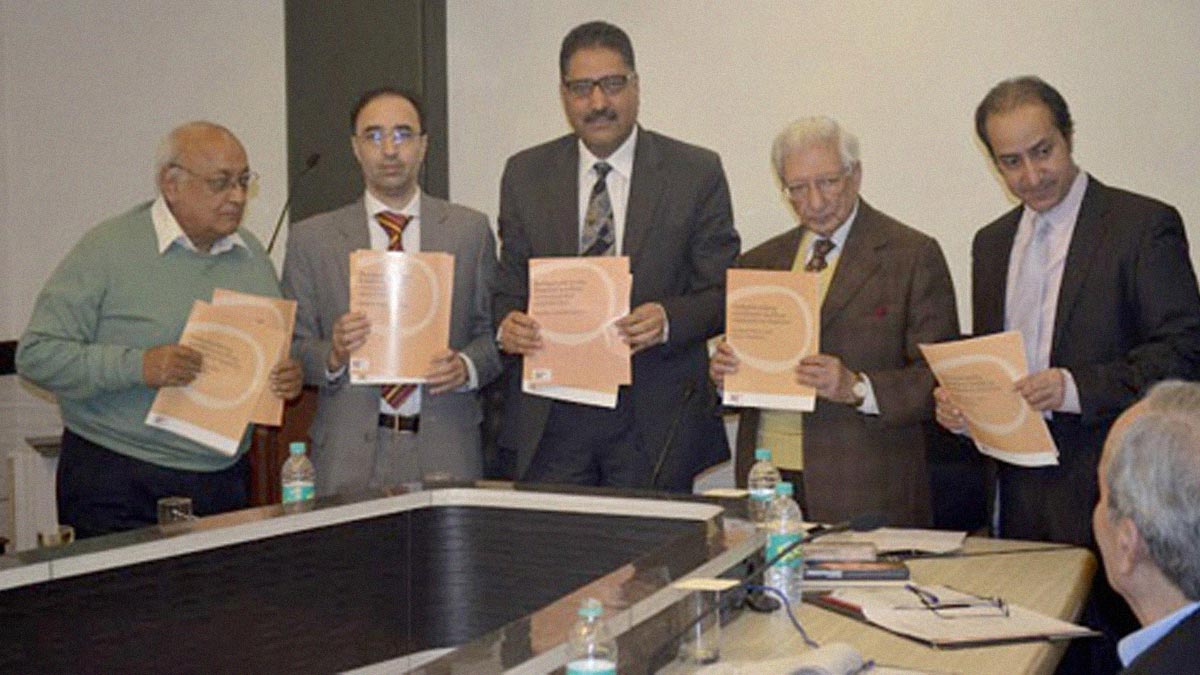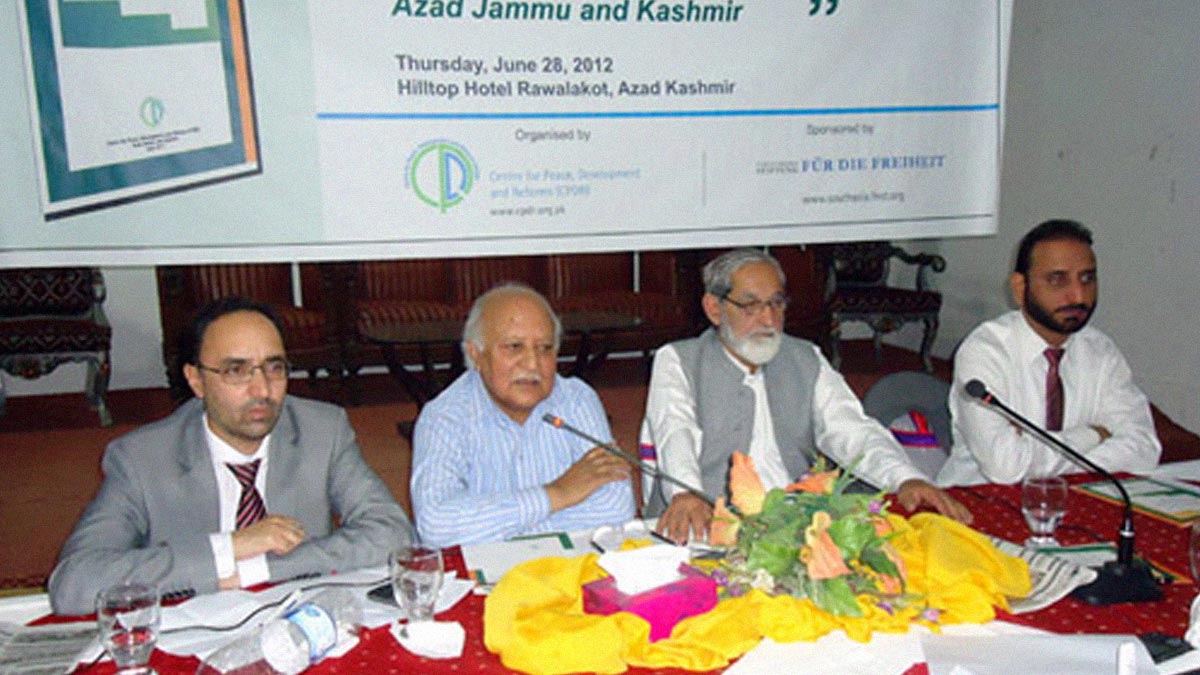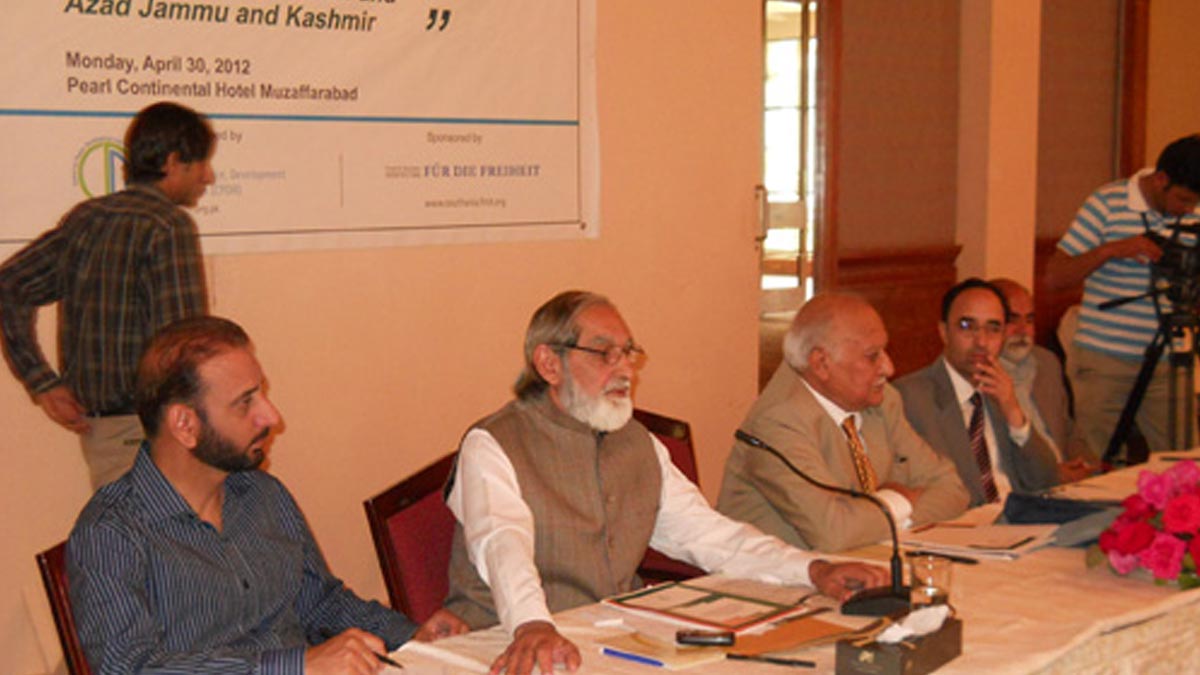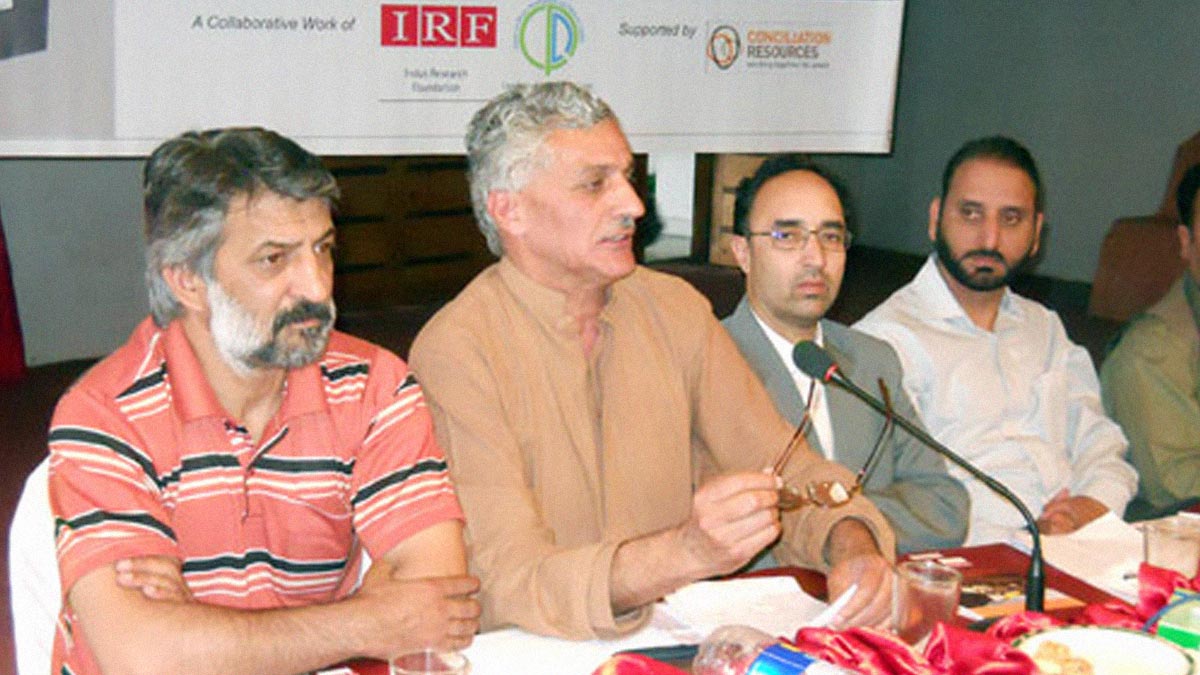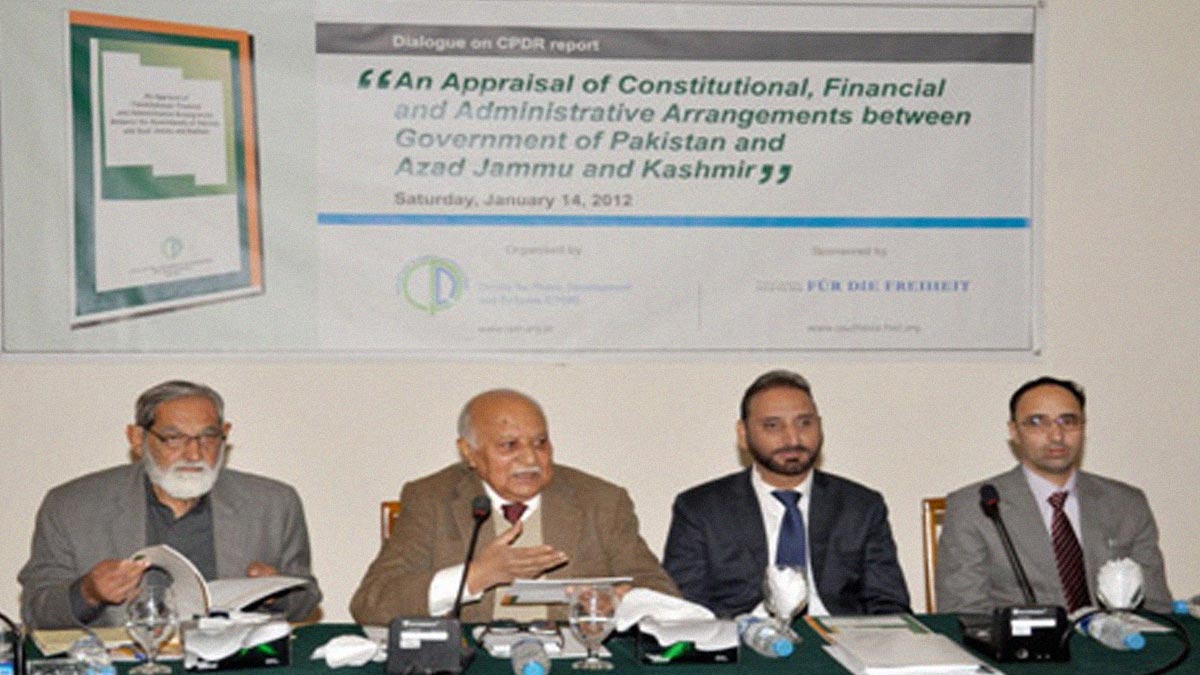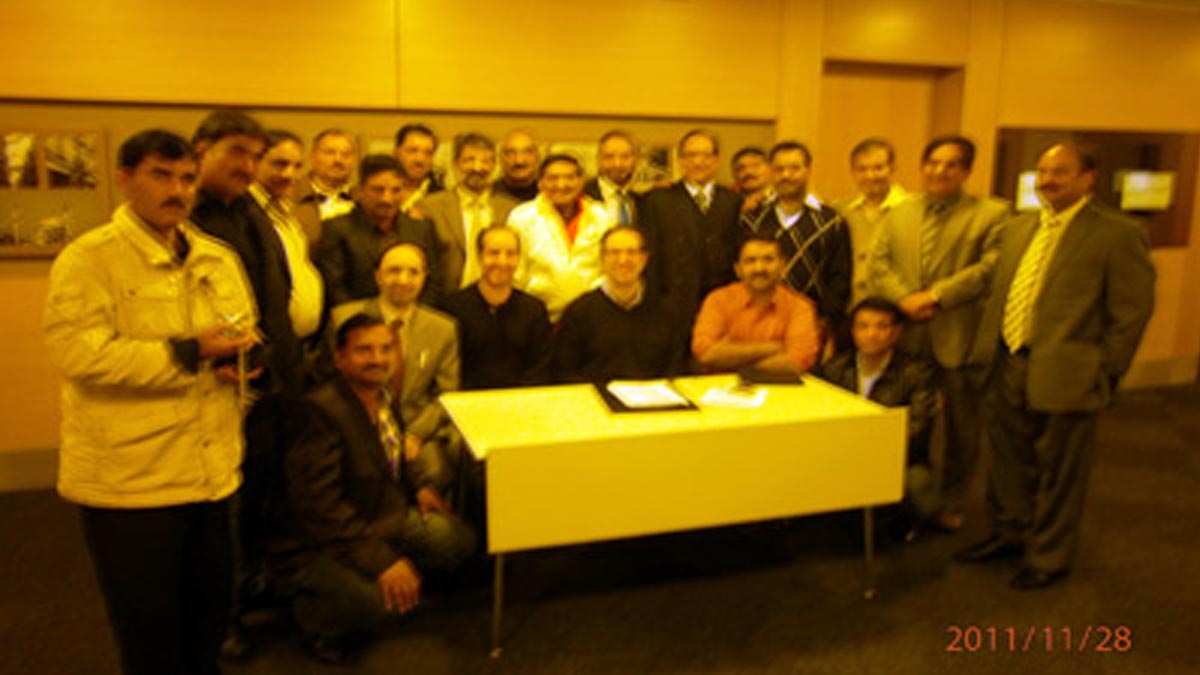- August 17, 2011
- @admin
- 0
- 17th August 2011
- Islamabad
The recently formed People’s Party government in Azad Kashmir has to confront several challenges, but two prominent issues seek close attention. The first is the stalled process of reconstruction of earthquake-hit areas of the northern part of Azad Kashmir – Muzaffarabad, Bagh and Rawalakot. The second is the resettlement of those affected by the construction of Mangla Dam. This poses a potentially serious socio-political challenge to the PPP government in Mirpur division, where the victims are resisting the refilling of the dam until their complete resettlement.
Apart from these issues, the new government has to address the growing sense of alienation and deprivation among various segments of the society such as youths and women. According to available statistics, youths form 65 percent of Azad Kashmir’s population (25 percent of the young people are below the age of 25) and are mostly unemployed. Even qualified women are jobless due to the limited scope for employment in the public sector. While the already shrunk private sector has been unable to cope with the emerging needs and challenges of employability due to the short-sighted polices of the successive governments in the past.
Current estimates show that around 300,000 jobs are required to cater to the needs of these promising youth in the next five to seven years. In the present scenario, the state does not have the capacity to create even 3000 jobs as the private sector has not been allowed to develop and nourish in the state.
There is no denying the fact that the government’s hands are tied under the constitutional arrangements between Azad Kashmir and Pakistan. A brief look at the territory’s Interim Constitution Act, 1974, reveals that all major areas of economic potential fall under the jurisdiction of the Azad Jammu and Kashmir Council, which is headed by the prime minister of Pakistan. These include hydropower generation, banking and finance, stock exchanges, telecommunication, oil and gas, tourism, mines and mineral exploration, aviation and air travel, state property, leasing and insurance and levy of tax on all incomes. In these areas the Azad Kashmir government has no say in policymaking.
The stringent control of the Azad Kashmir Council over the last 37 years has resulted in the poor state of development in the territory. Operationally it did not let Azad Kashmir’s governments formulate policies to undertake developmental initiatives in these critical sectors. The unfair policies of the Azad Kashmir Council have not only slowed down economic development but also resulted in widespread unemployment, poverty and lower living standards.
On the other hand, the successive governments of Azad Kashmir have performed better than the provinces of Pakistan in the subjects left with them, like health, education, electrification, local security, roads and communications, provision of clean drinking water, local government, rural development, and population welfare.
The council never tried to attract private investment for the industrial development of Azad Kashmir. Nor did it seek support from the Kashmiri diaspora. Nearly a million Kashmiris settled in the UK own assets worth billions of dollars and maintain bank deposits of around Rs2,000 billion in Pakistani banks. Lamentably, these commercial banks have never advanced even one percent of these deposits to support economic activity in the region. The Azad Kashmir Council has totally failed to devise a comprehensive policy to encourage banks to make investment in the employment generating sectors such as hydroelectric power, tourism and infrastructure-building projects.
The private sector is shrinking against the swelling public sector. Instead of encouraging the private sector to provide employment, the government has created ten districts and 28 subdivisions within an area of 5,134 square miles for a population of 3.5 million. Successive governments employed 125,000 persons in the government sector, which crippled the already slowed economy as the meagre resources available for development are spent on salaries and other privileges of government servants. These flawed policies led to the decay of local industry in the past one-and-a-half decade, leaving 40,000 people unemployed.
Over the last 37 years the tax collection authority of Azad Kashmir has failed to optimise tax collection, ignoring the biggest revenue-earning corporation like Wapda which are collecting sales tax worth billion of rupees on electricity generated by Mangla Power House located in Azad Kashmir but not depositing it into Azad Kashmir’s exchequer, causing huge financial losses to the territory.
Similarly, the net hydel profit of more than Rs120 billion is recoverable on account of the Mangla Powerhouse. Khyber-Pakhtunkhwa was recently paid Rs120 billion for Tarbela, Punjab Rs28 billion for Ghazi Barotha and Balochistan Rs120 billion as gas development surcharge for Sui gas. But Azad Kashmir has yet to get its outstanding amounts from Islamabad.
The PPP government in Azad Kashmir is in an advantageous position in the prevailing circumstances as the ruling party in Islamabad would not let it down if it makes a strong case before it.
The writer is president of the Jammu and Kashmir Joint Chamber of Commerce and Industry and of the Centre for Peace, Development and Reforms.
Email: kohsarhydro@gmail.com

Ershad Mahmud
The writer is a freelance contributor. He can be reached at:


